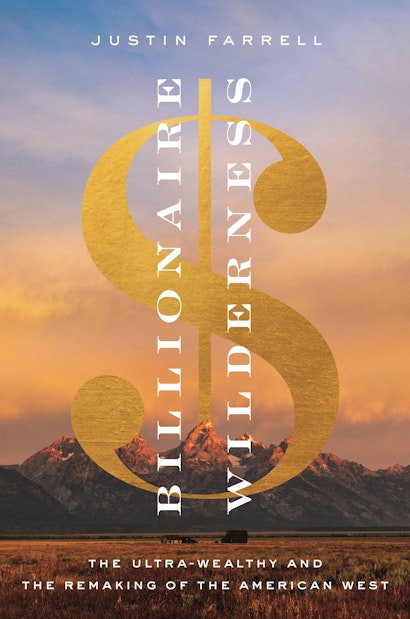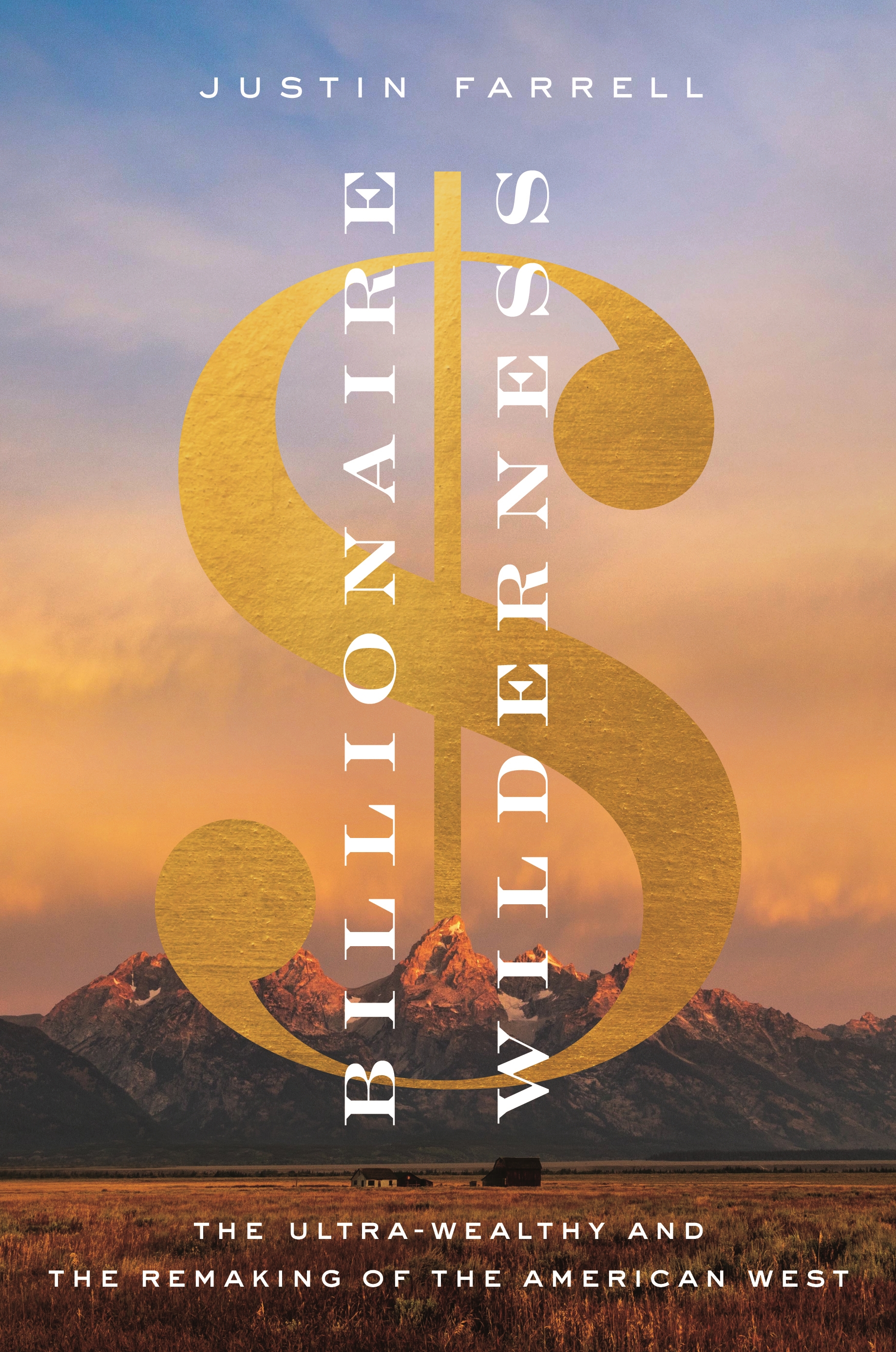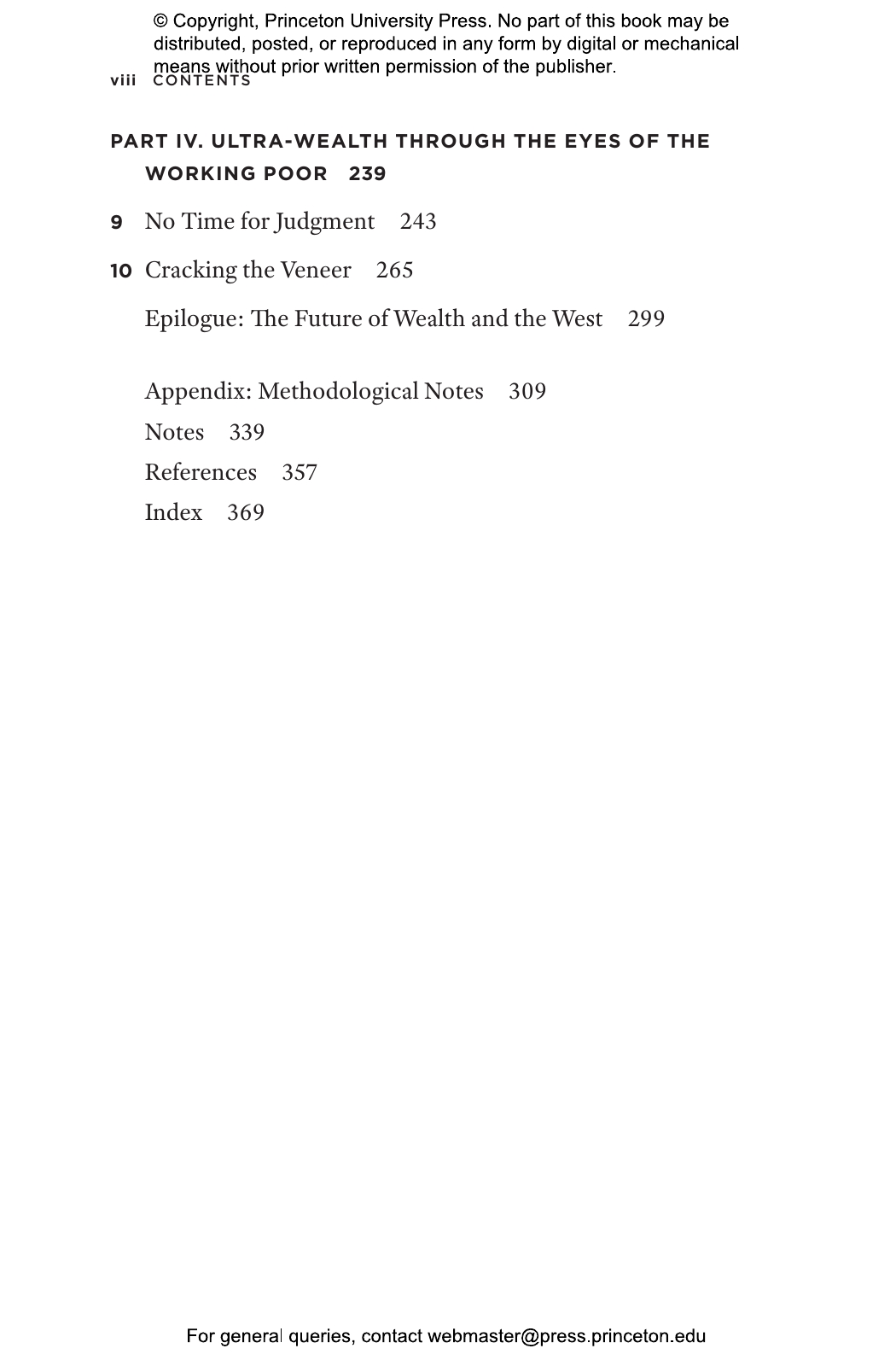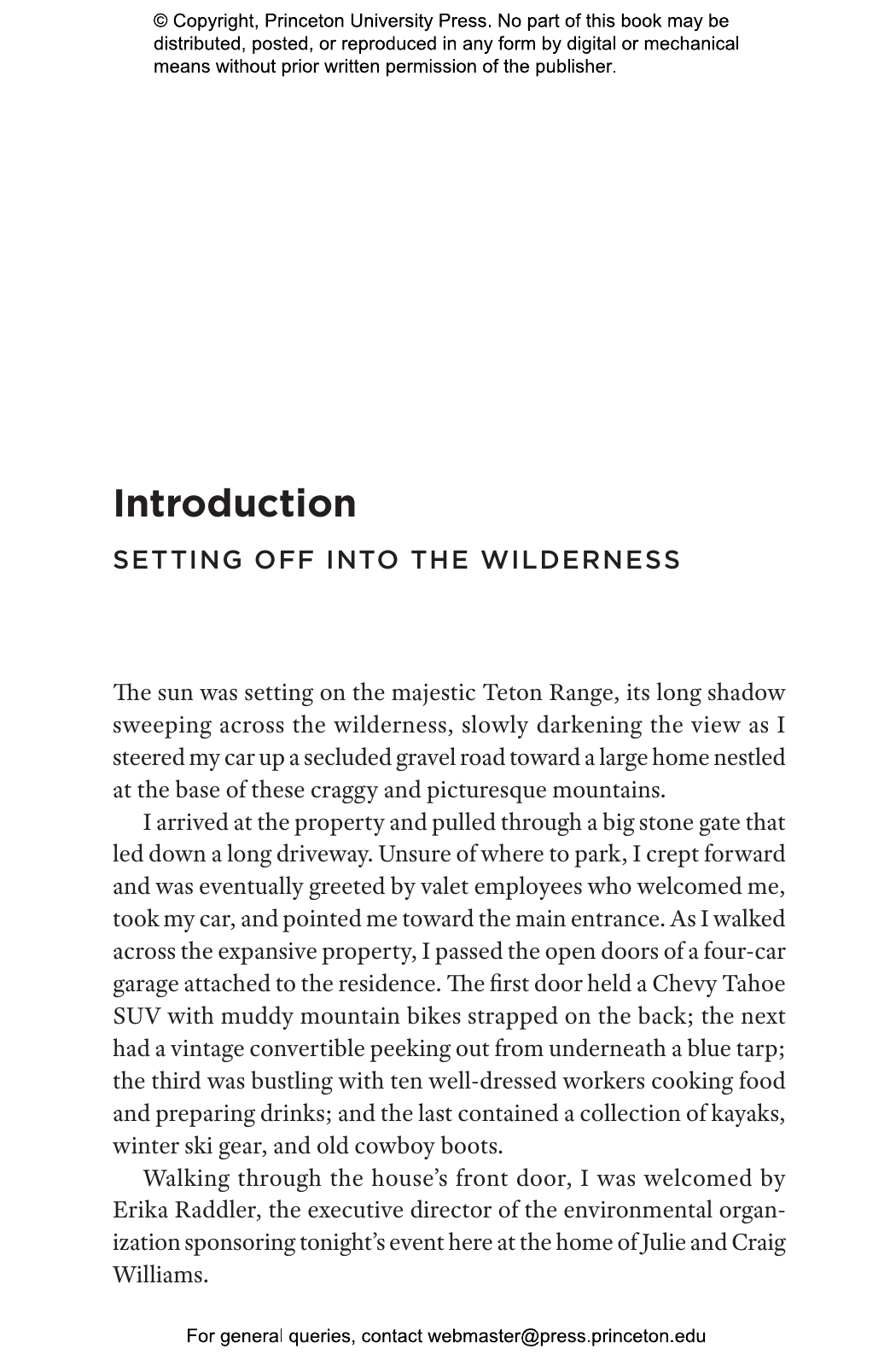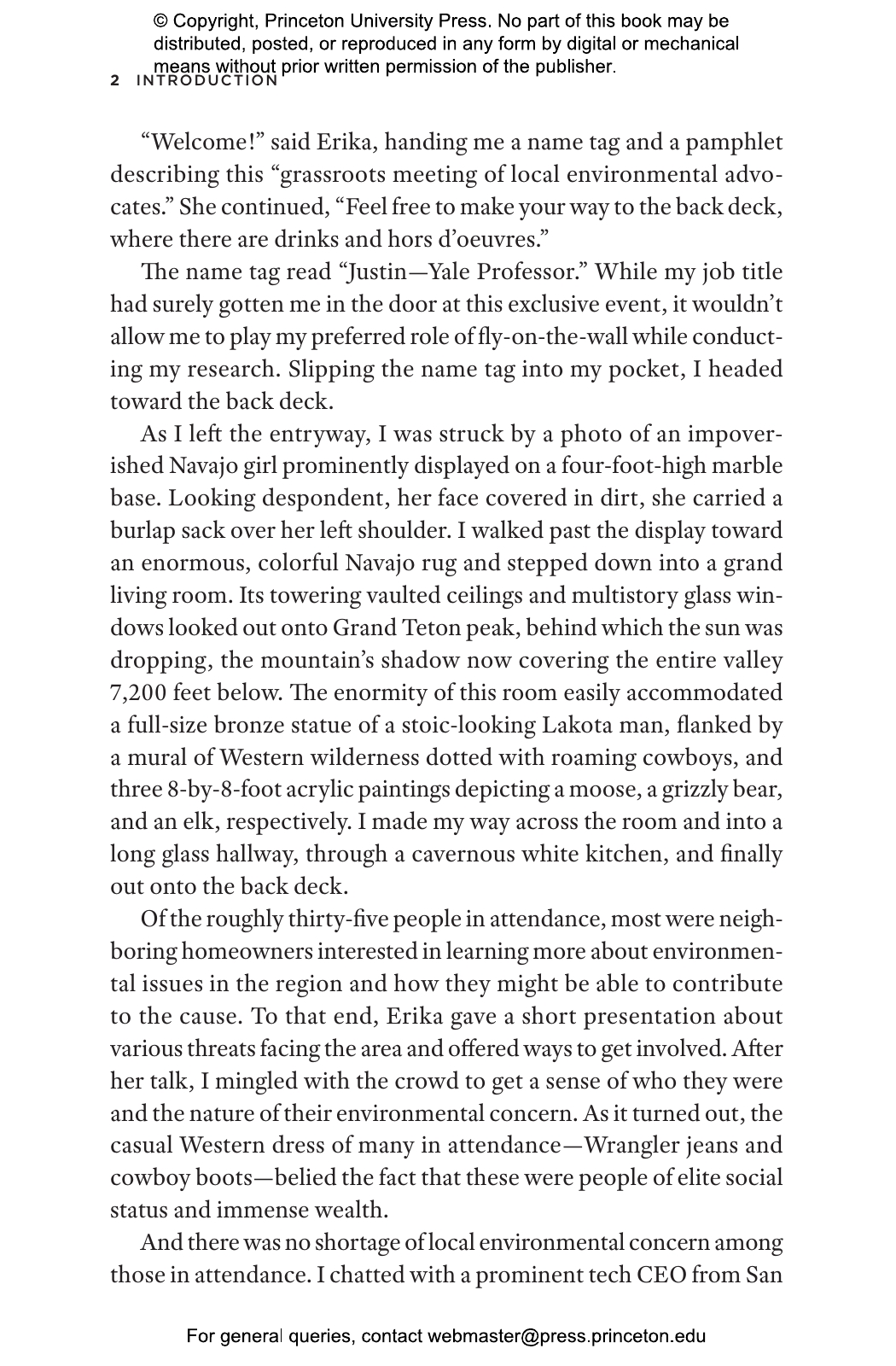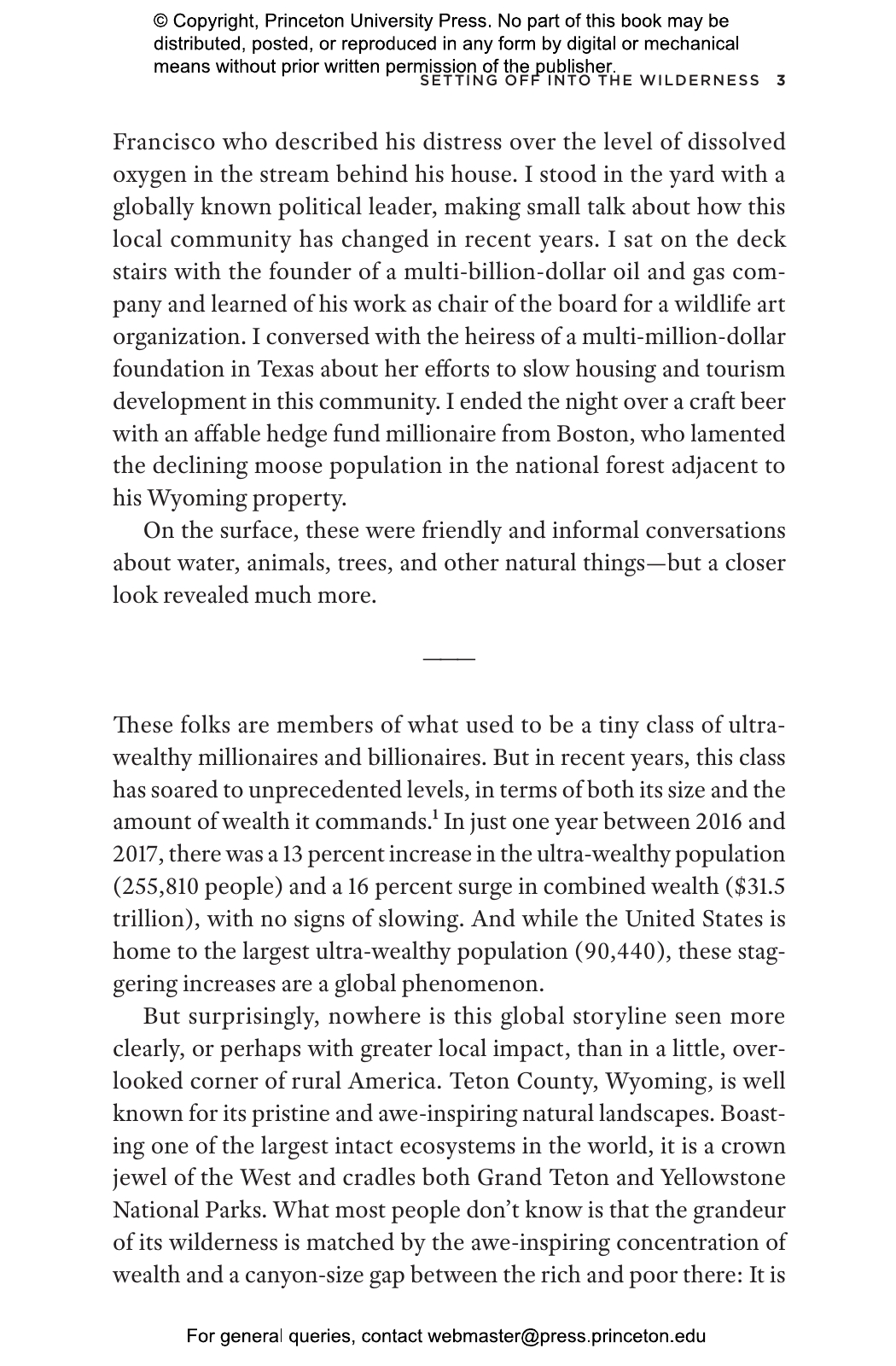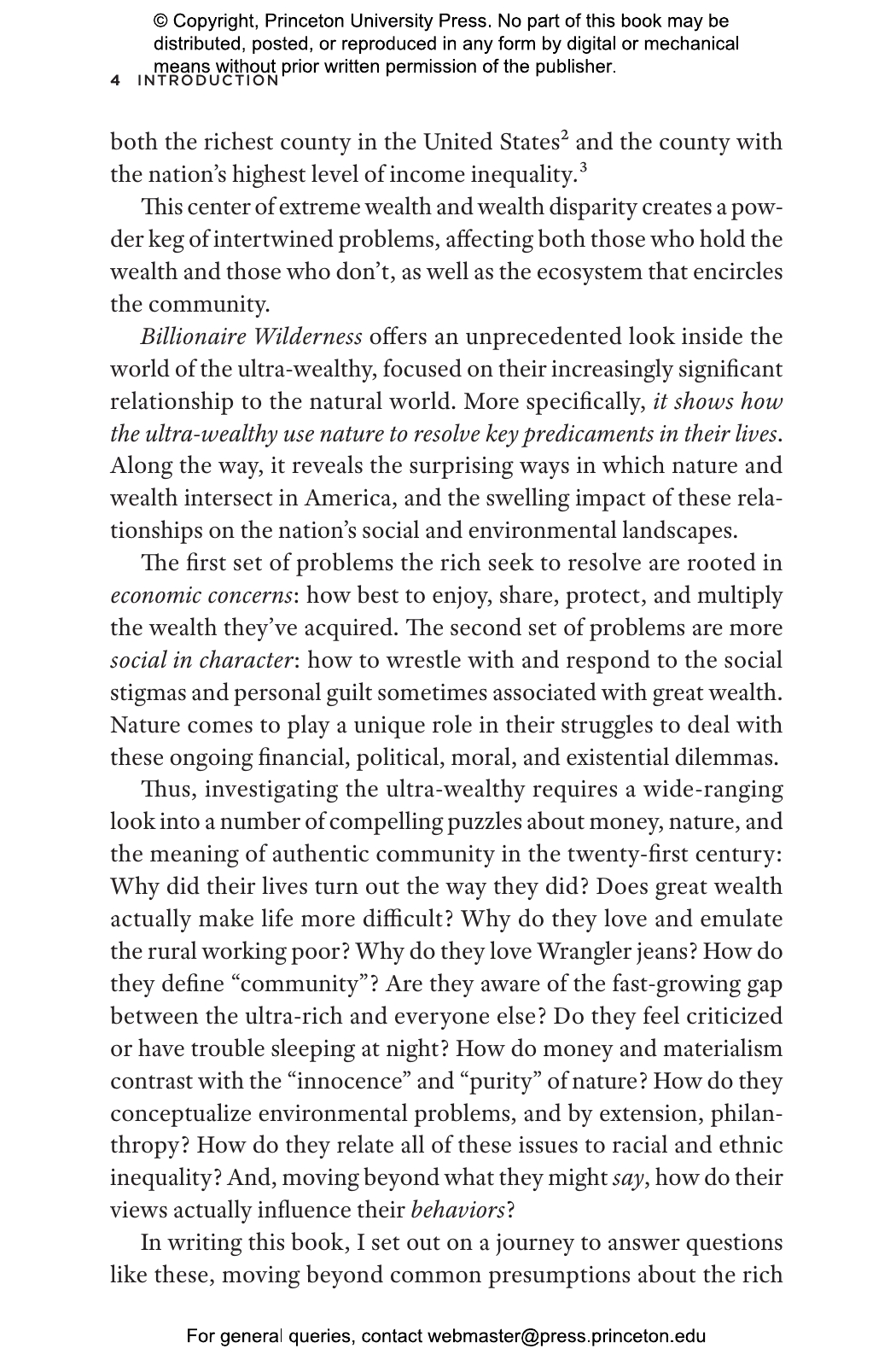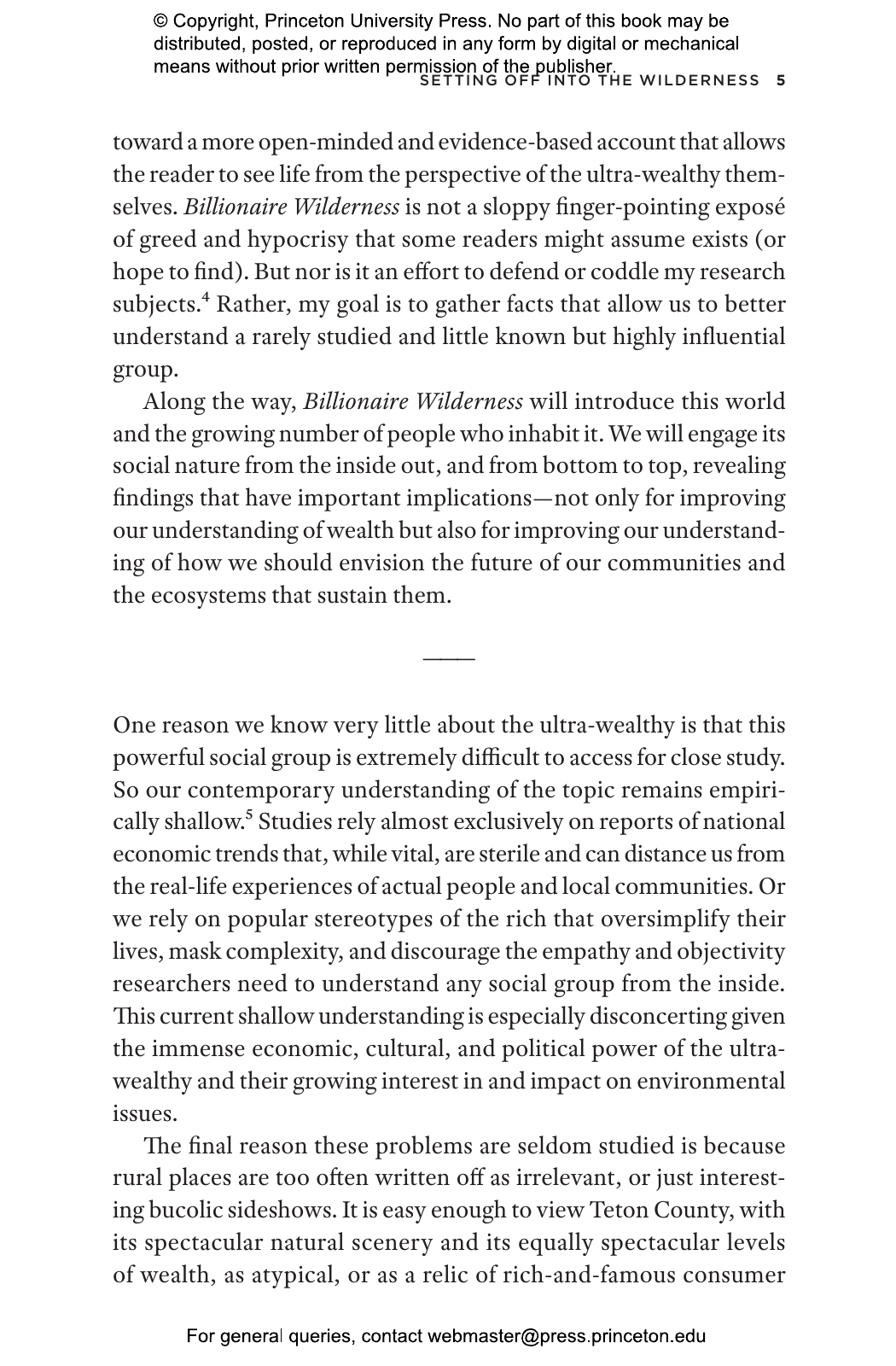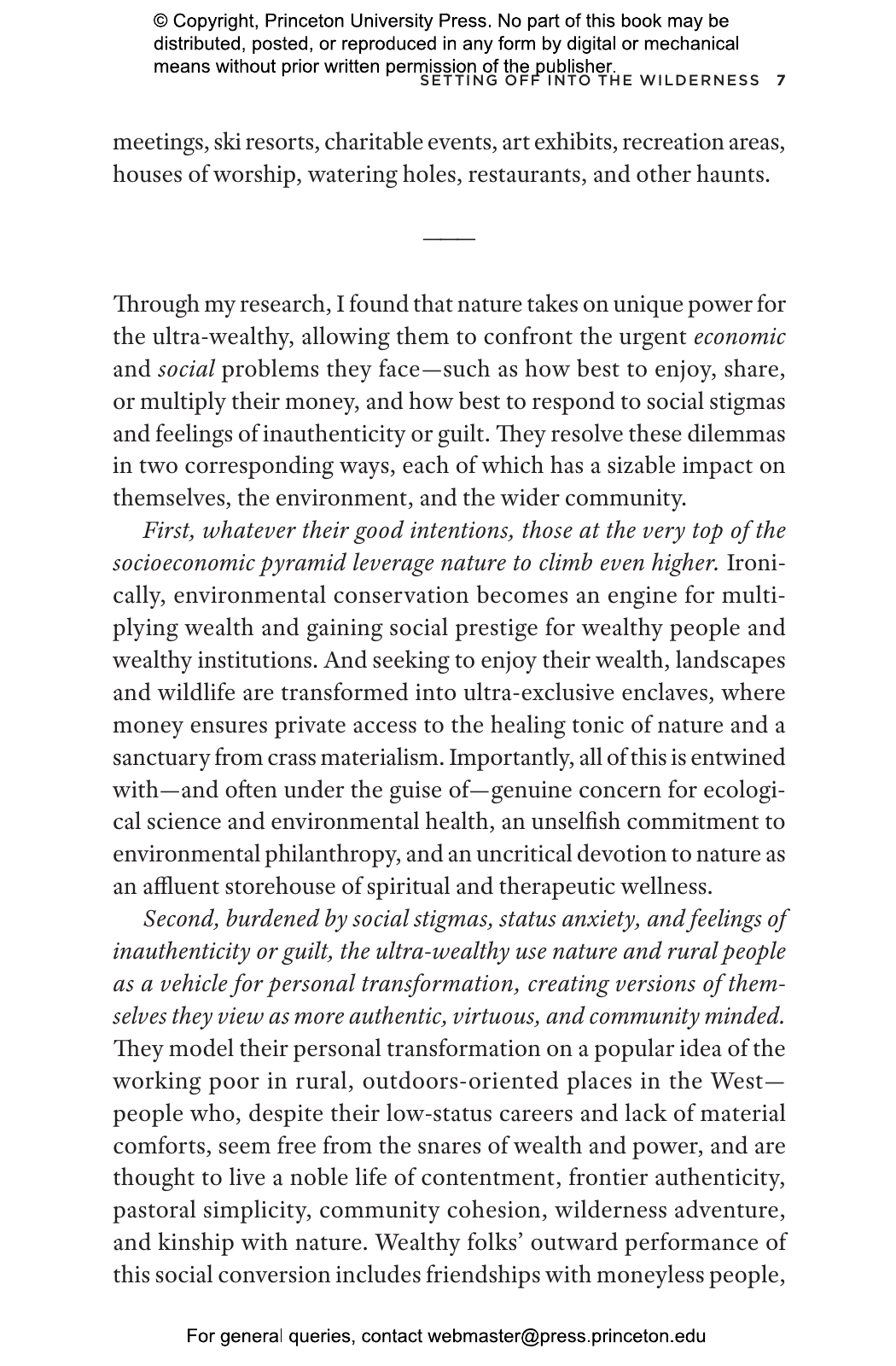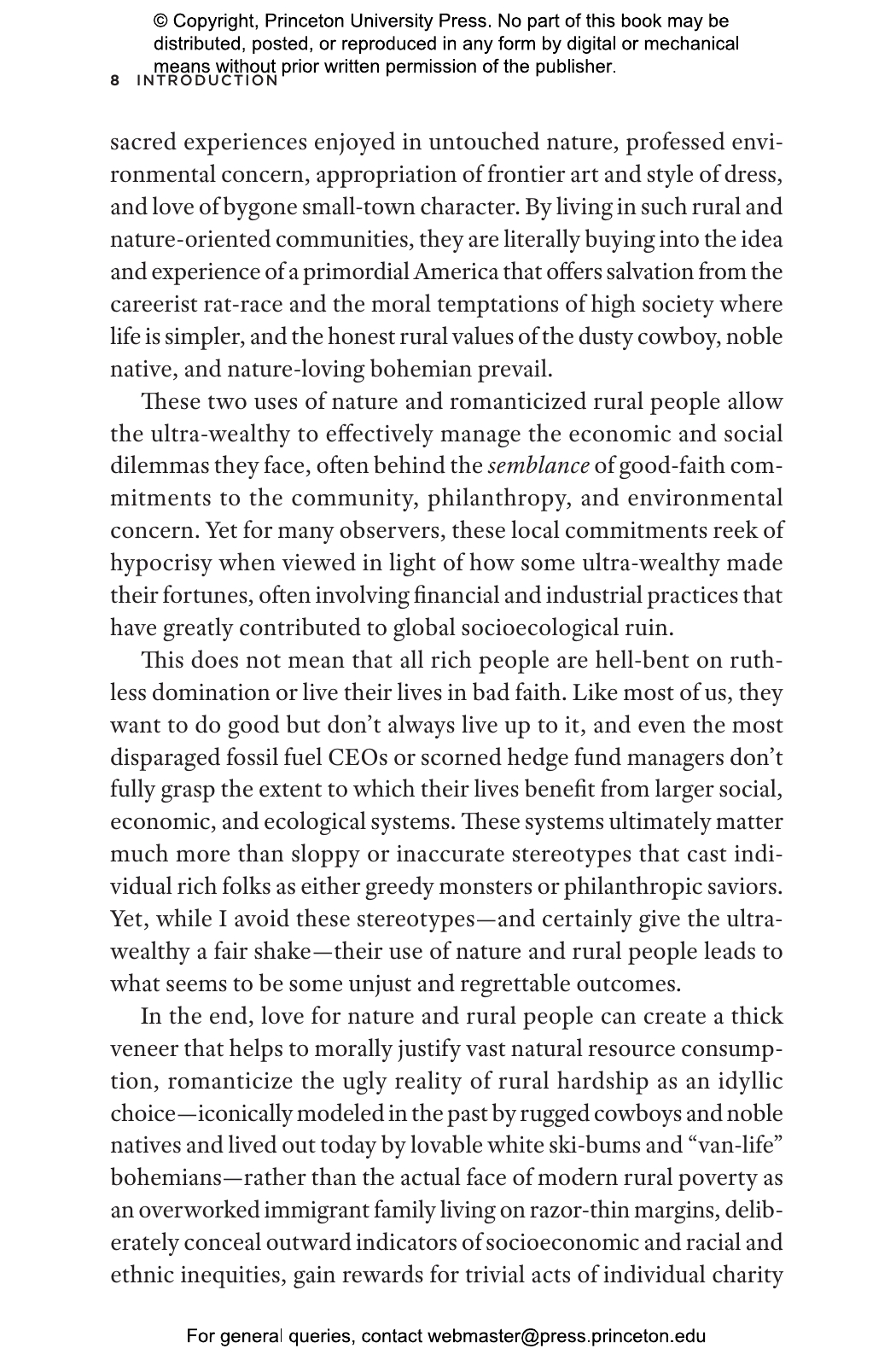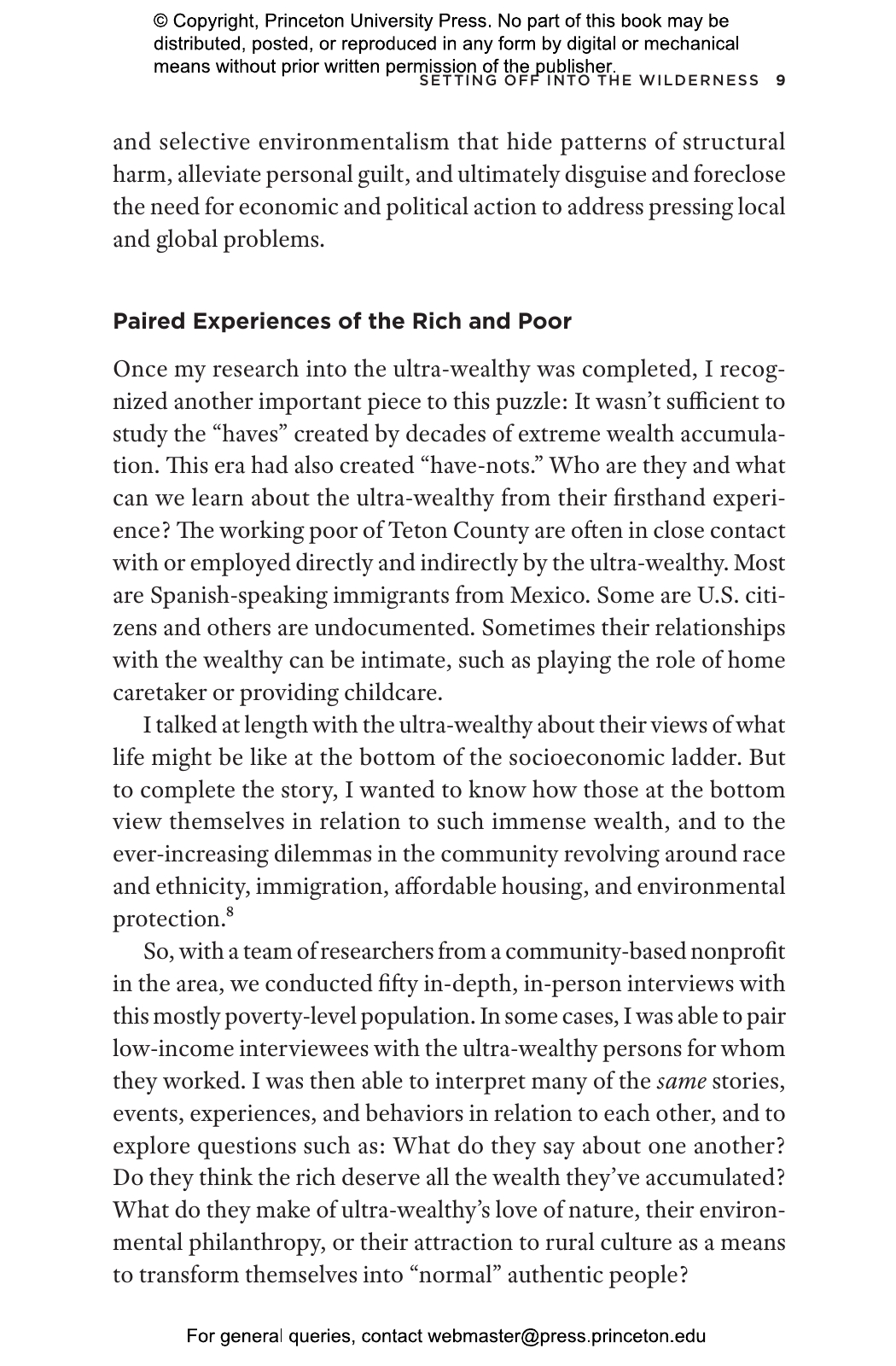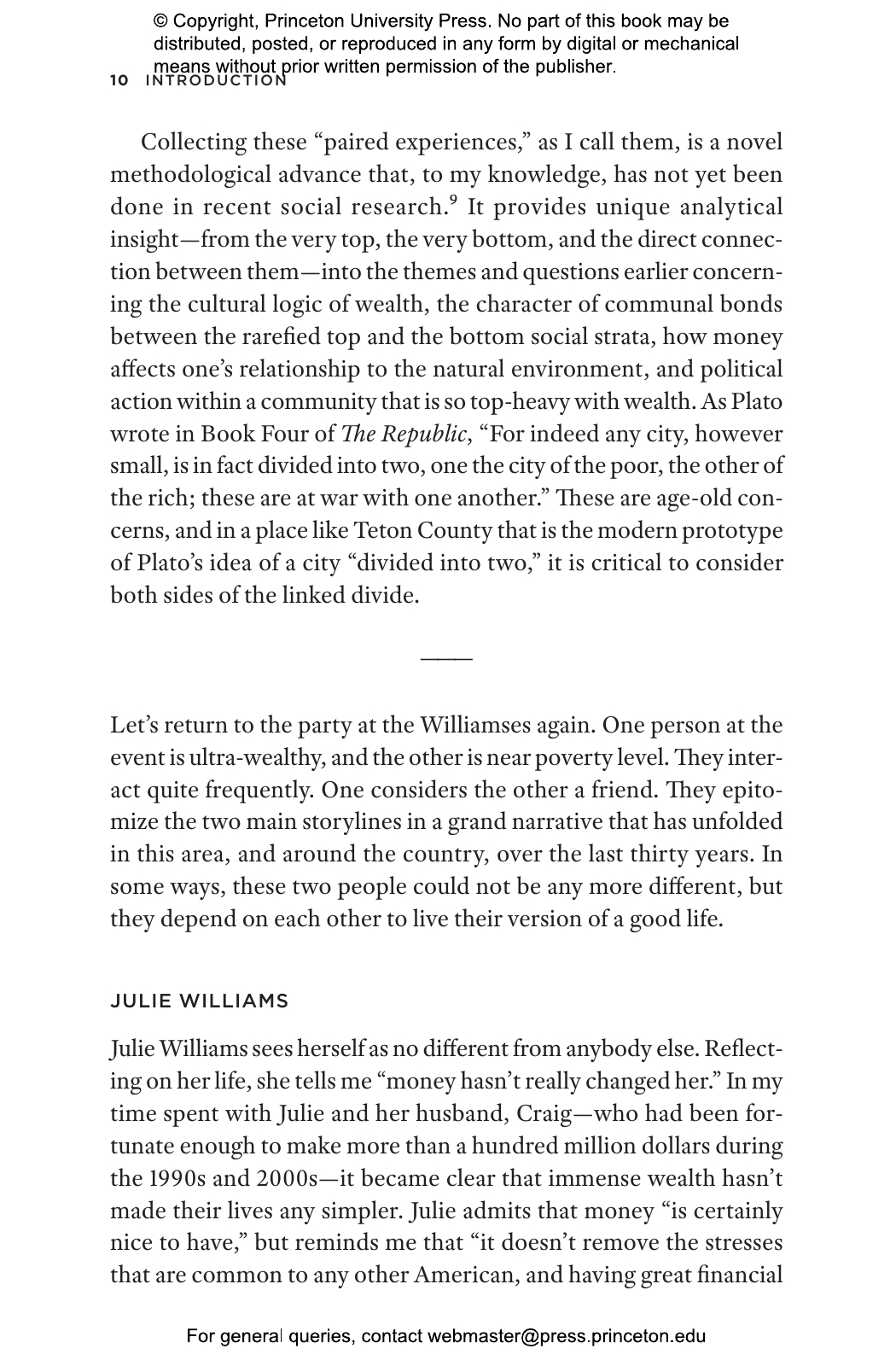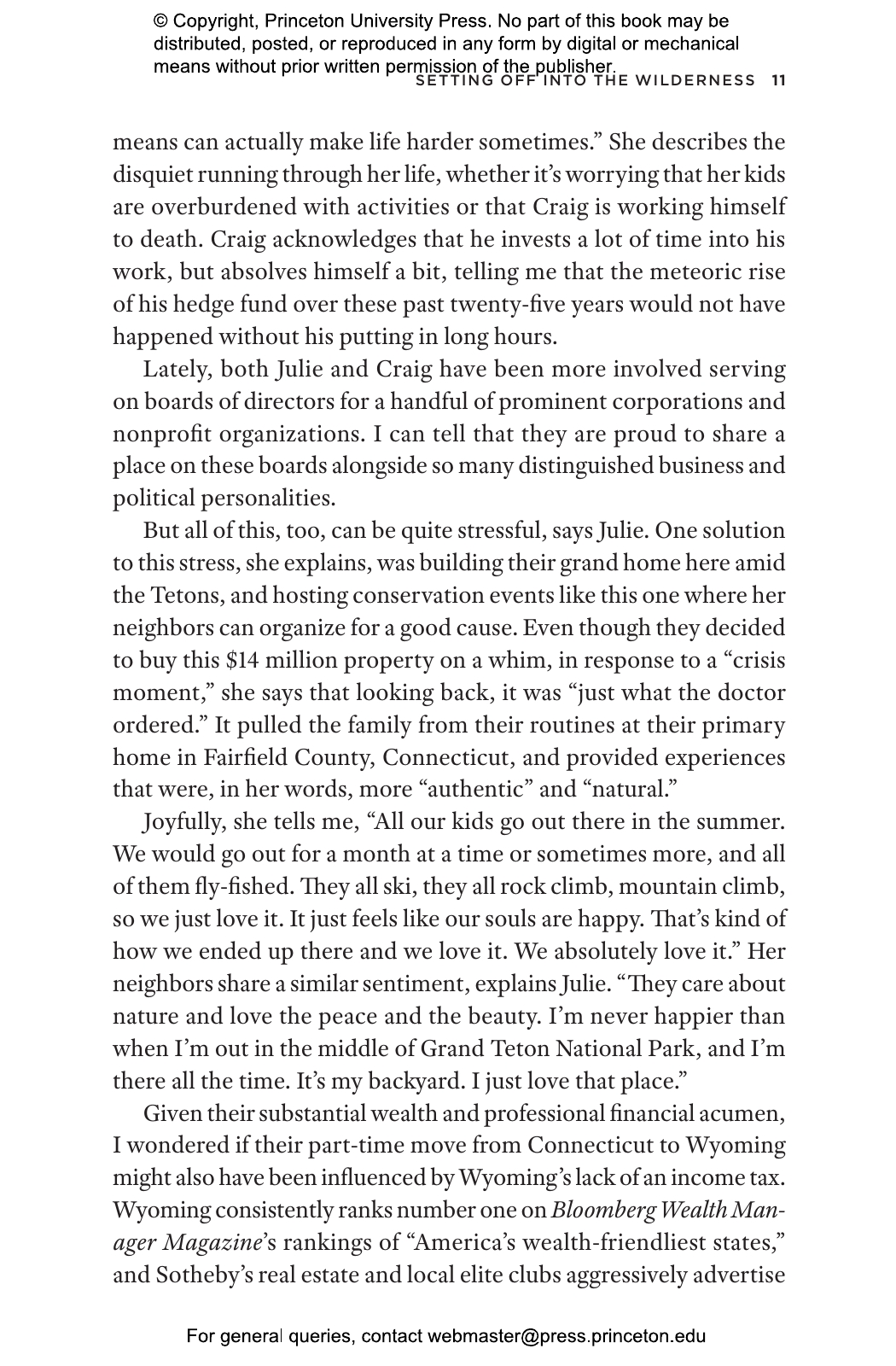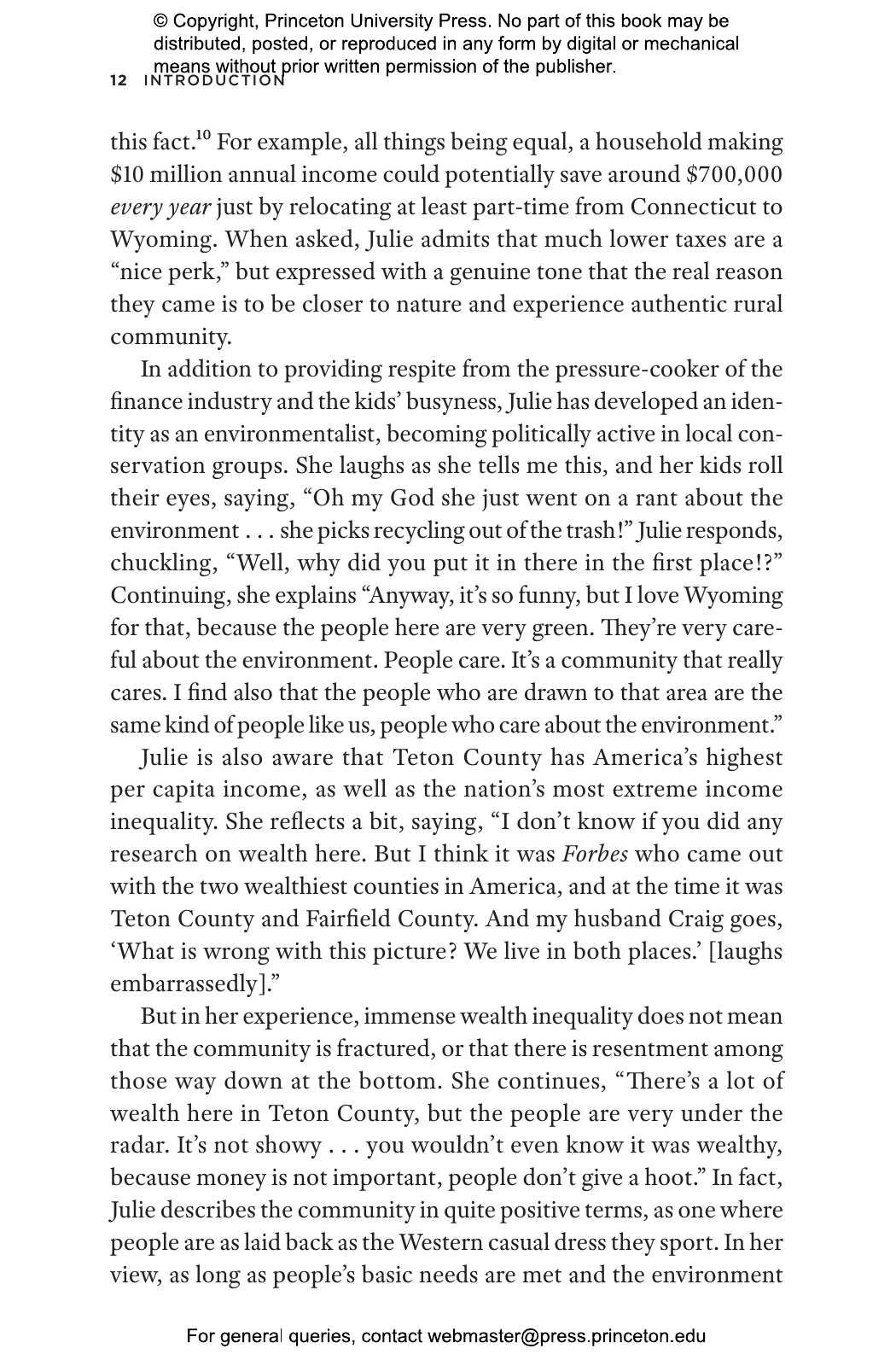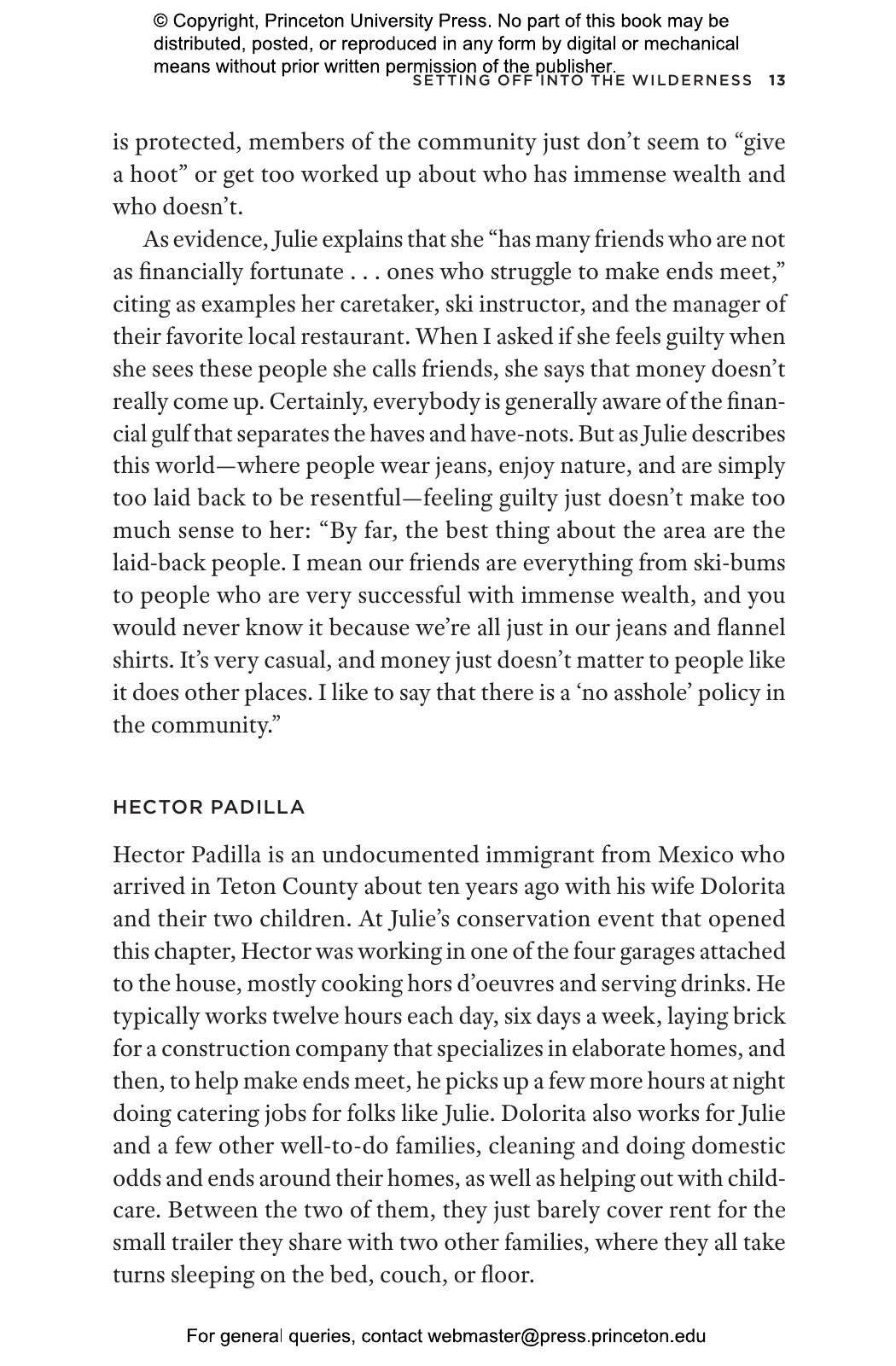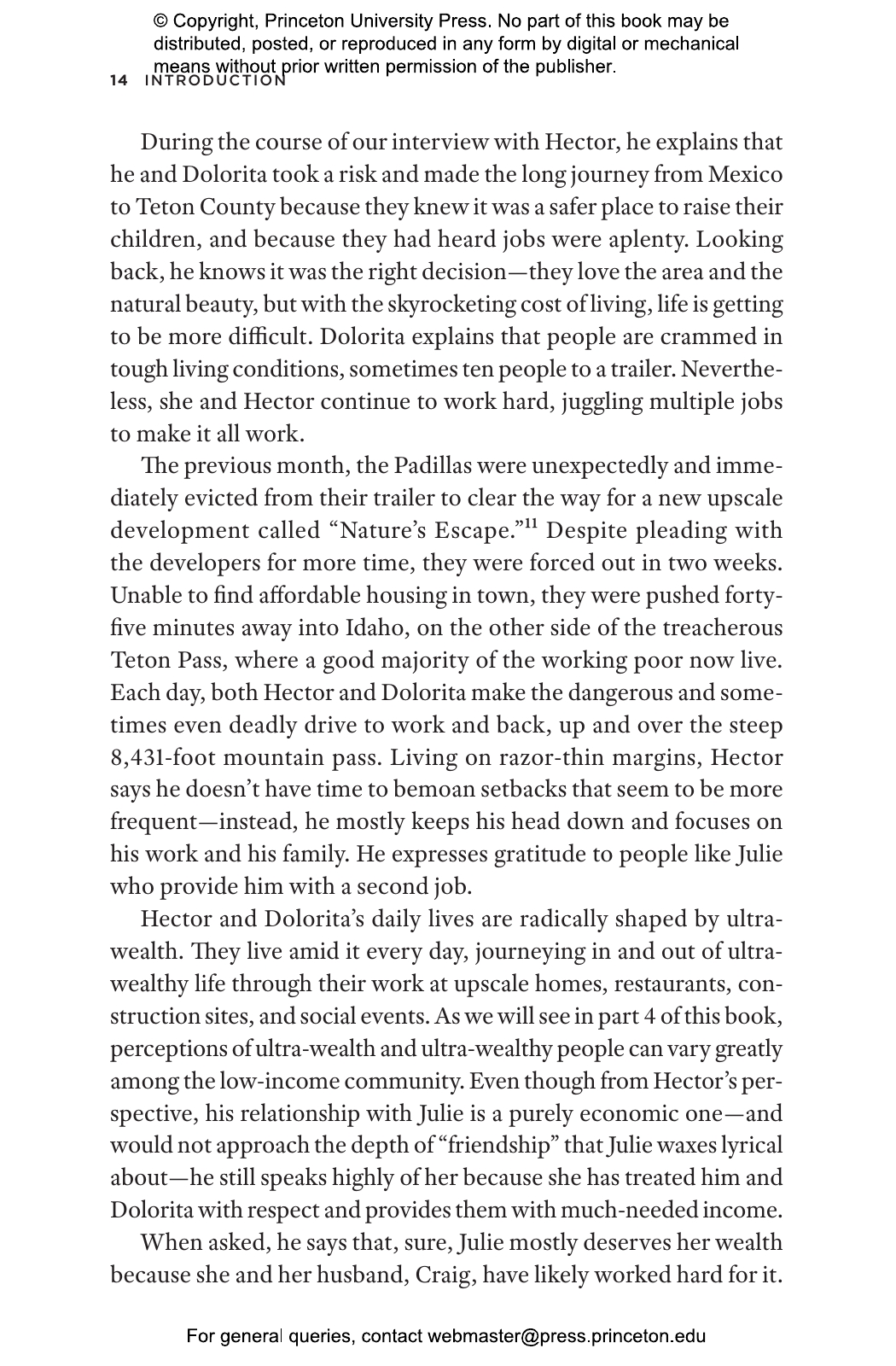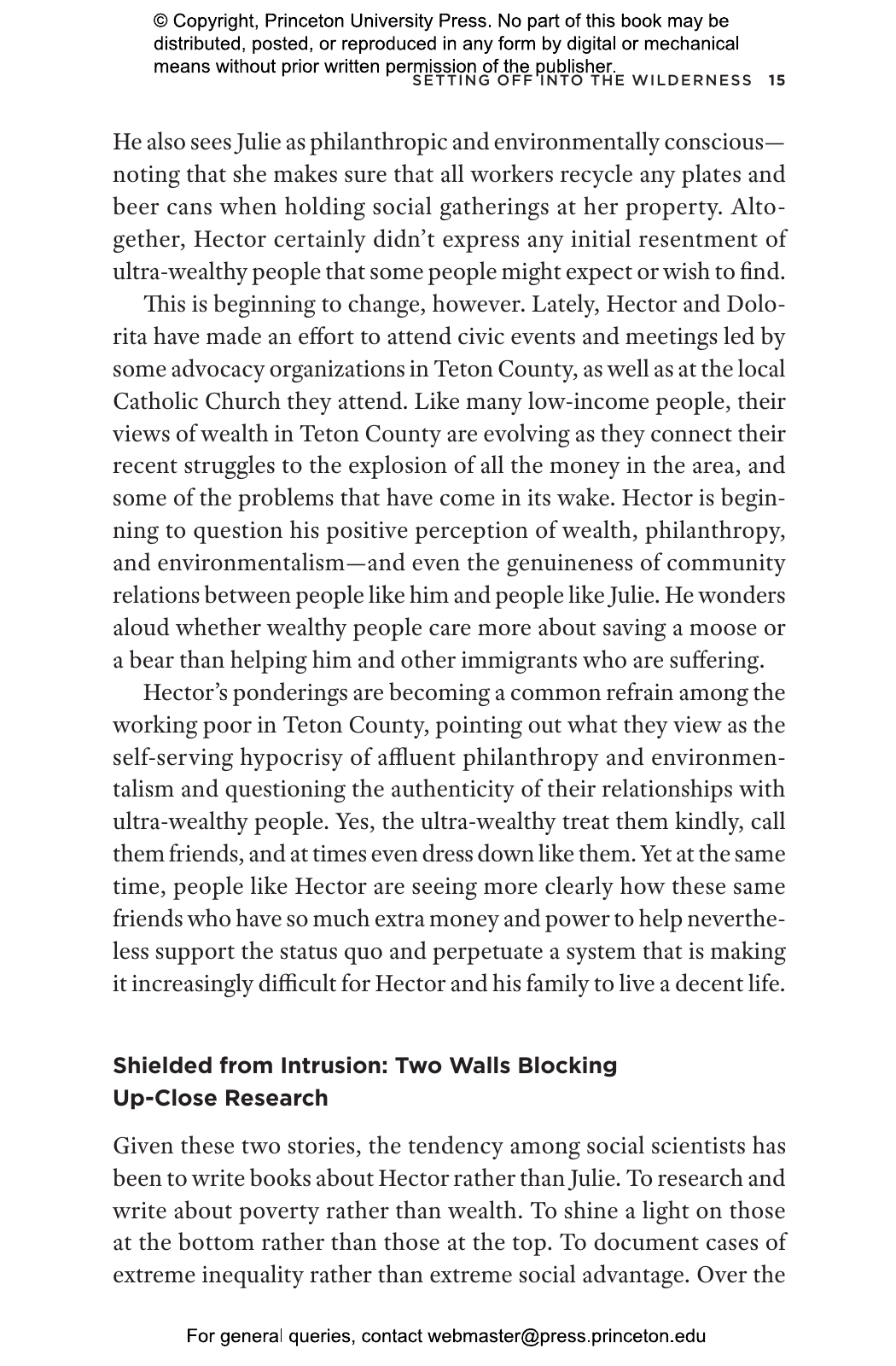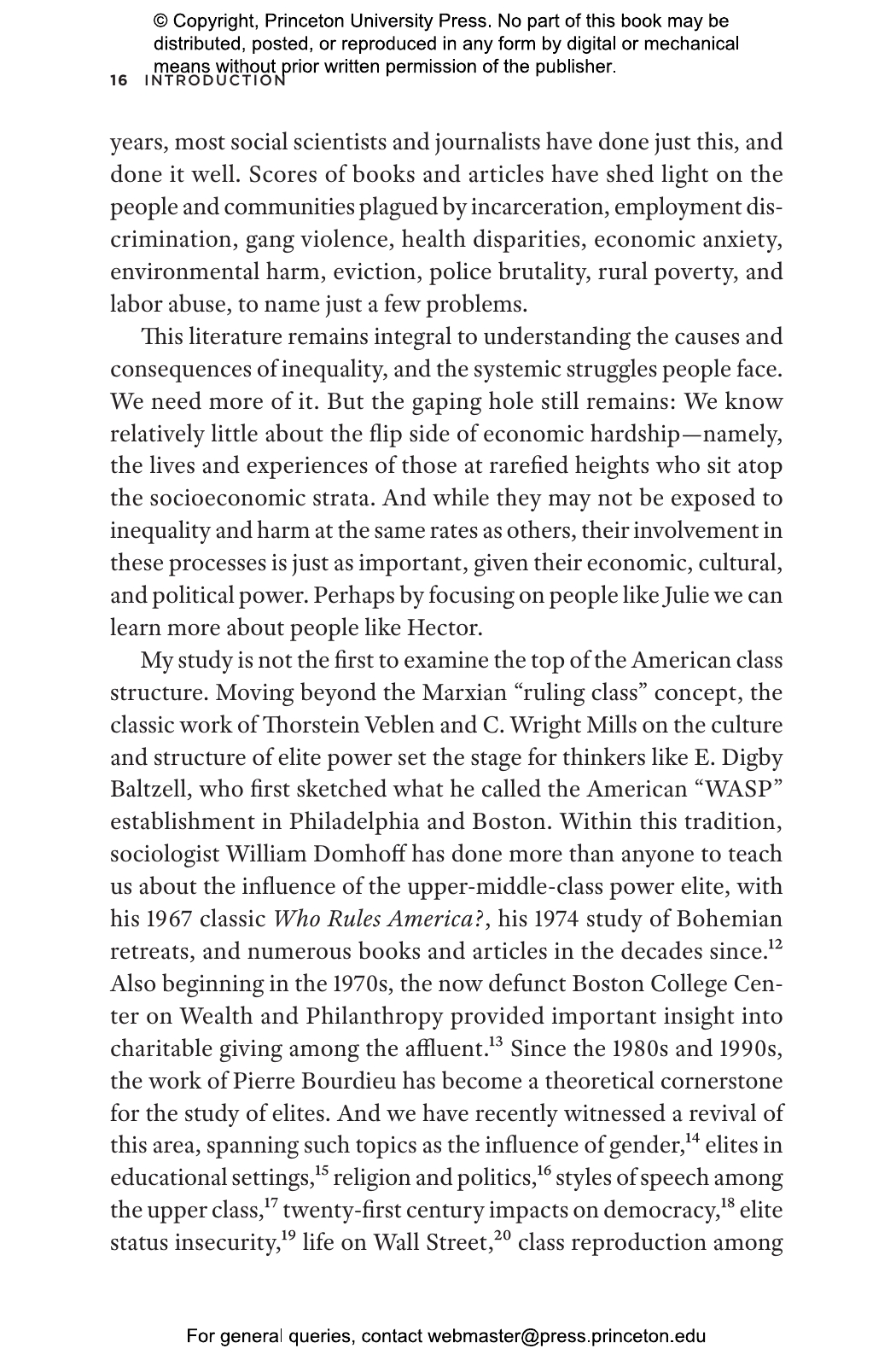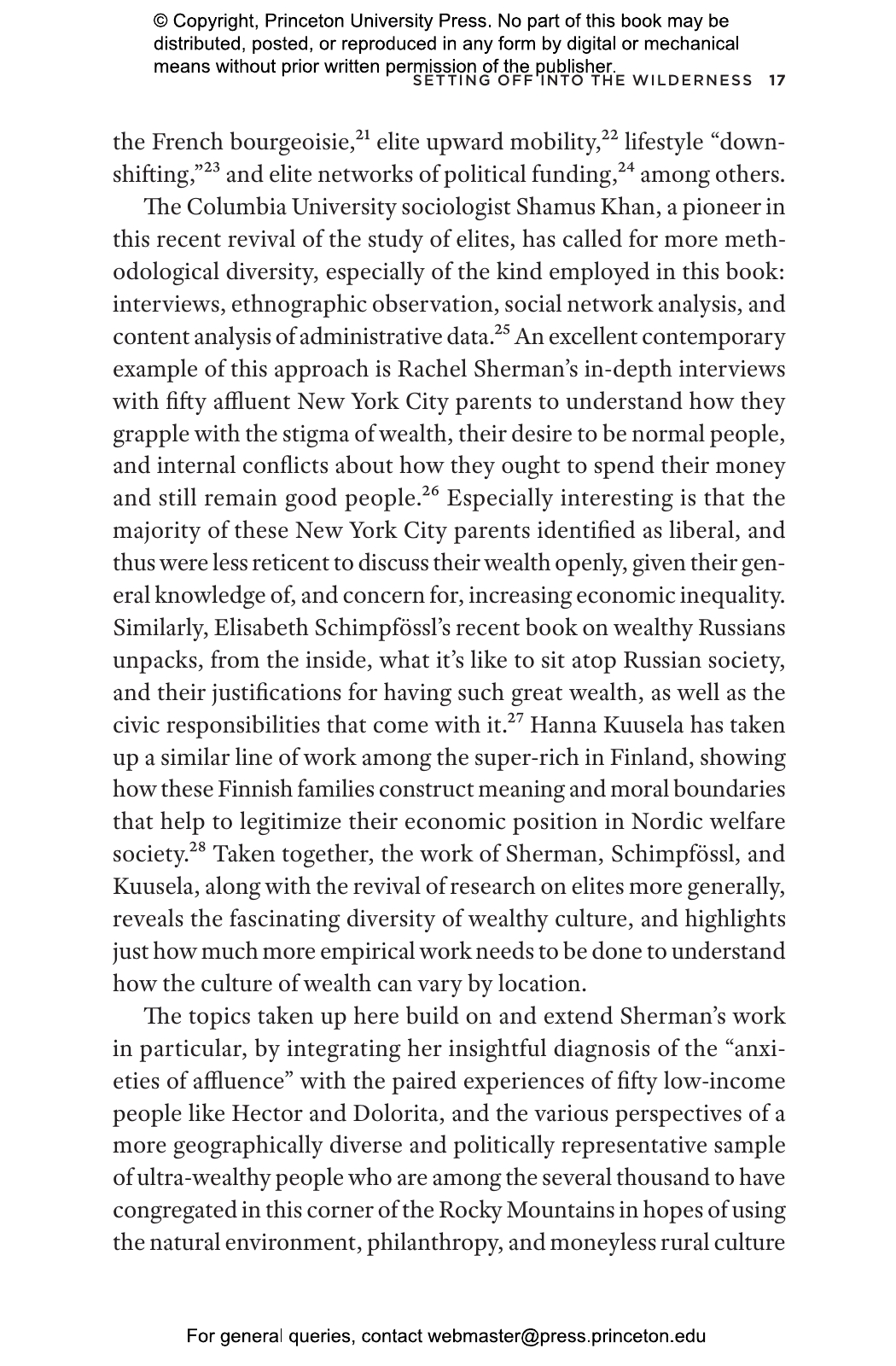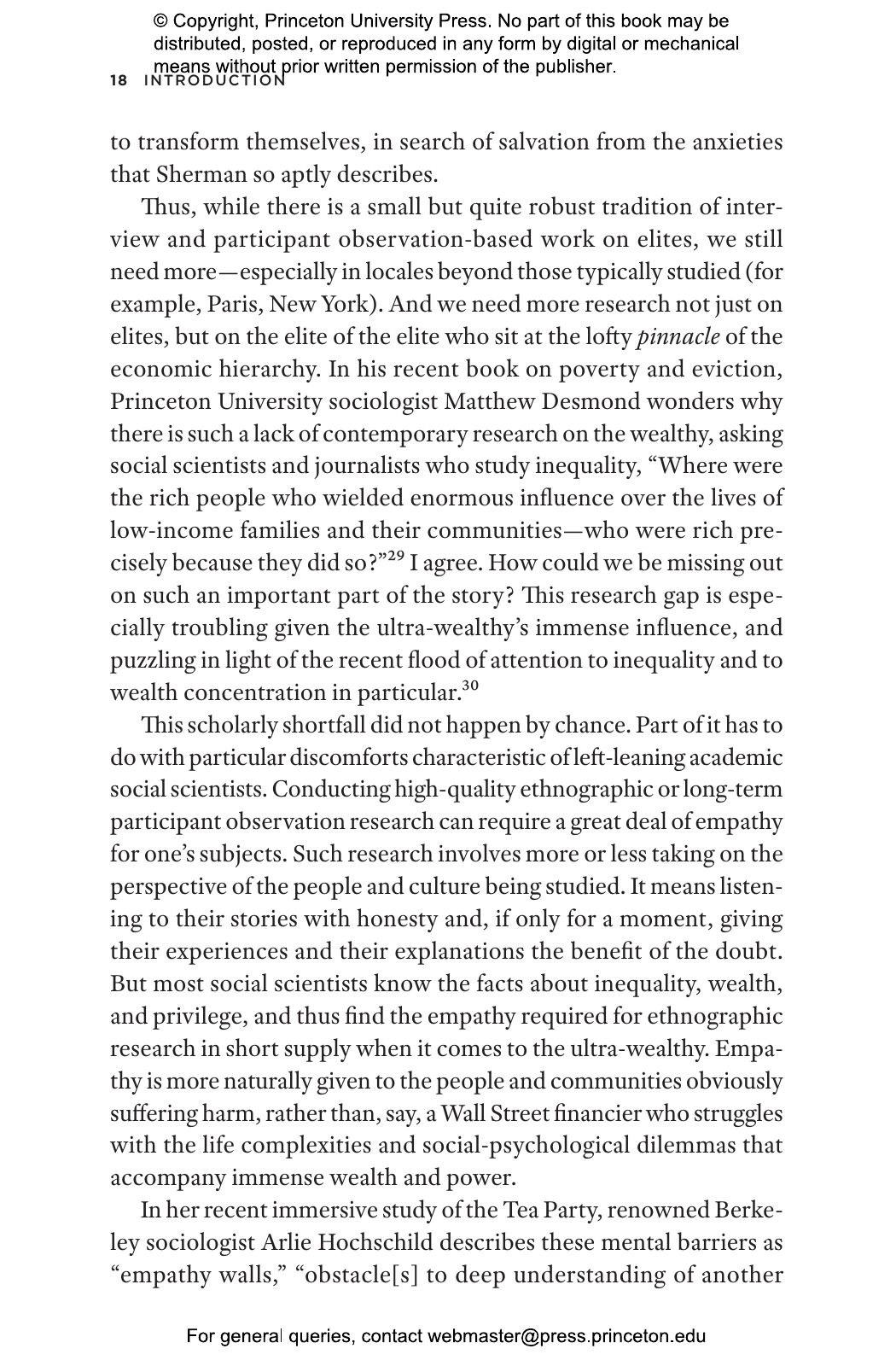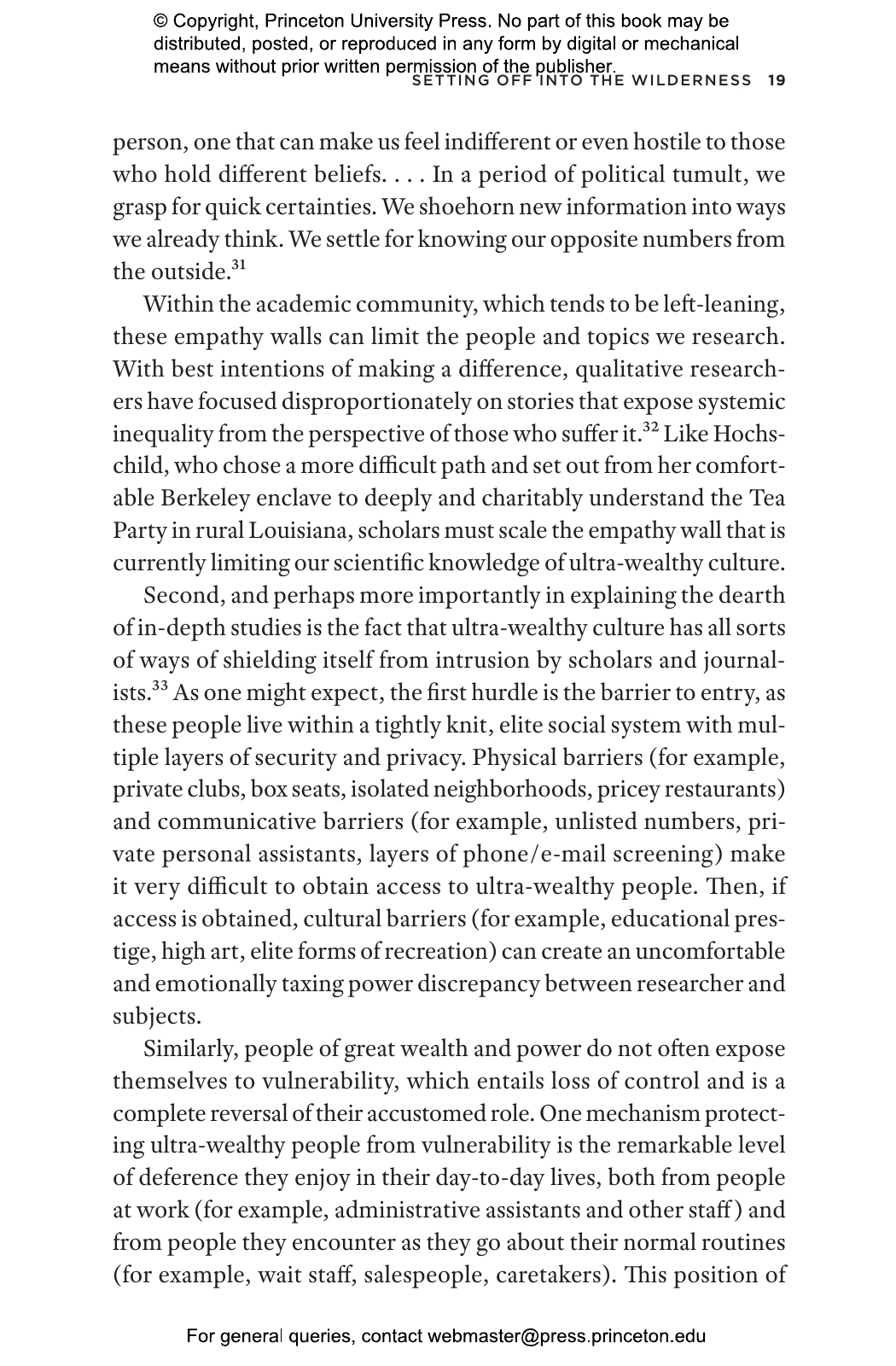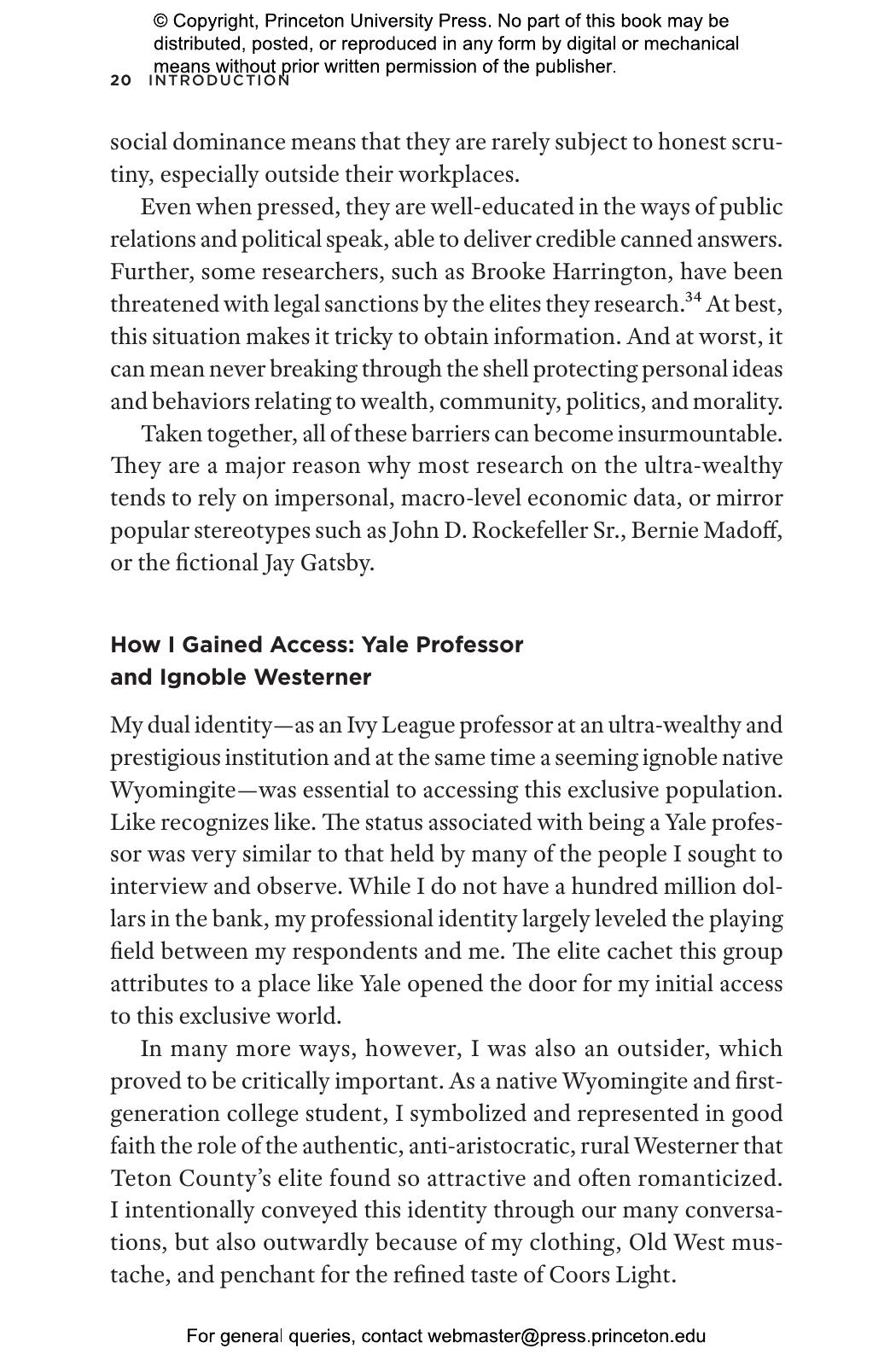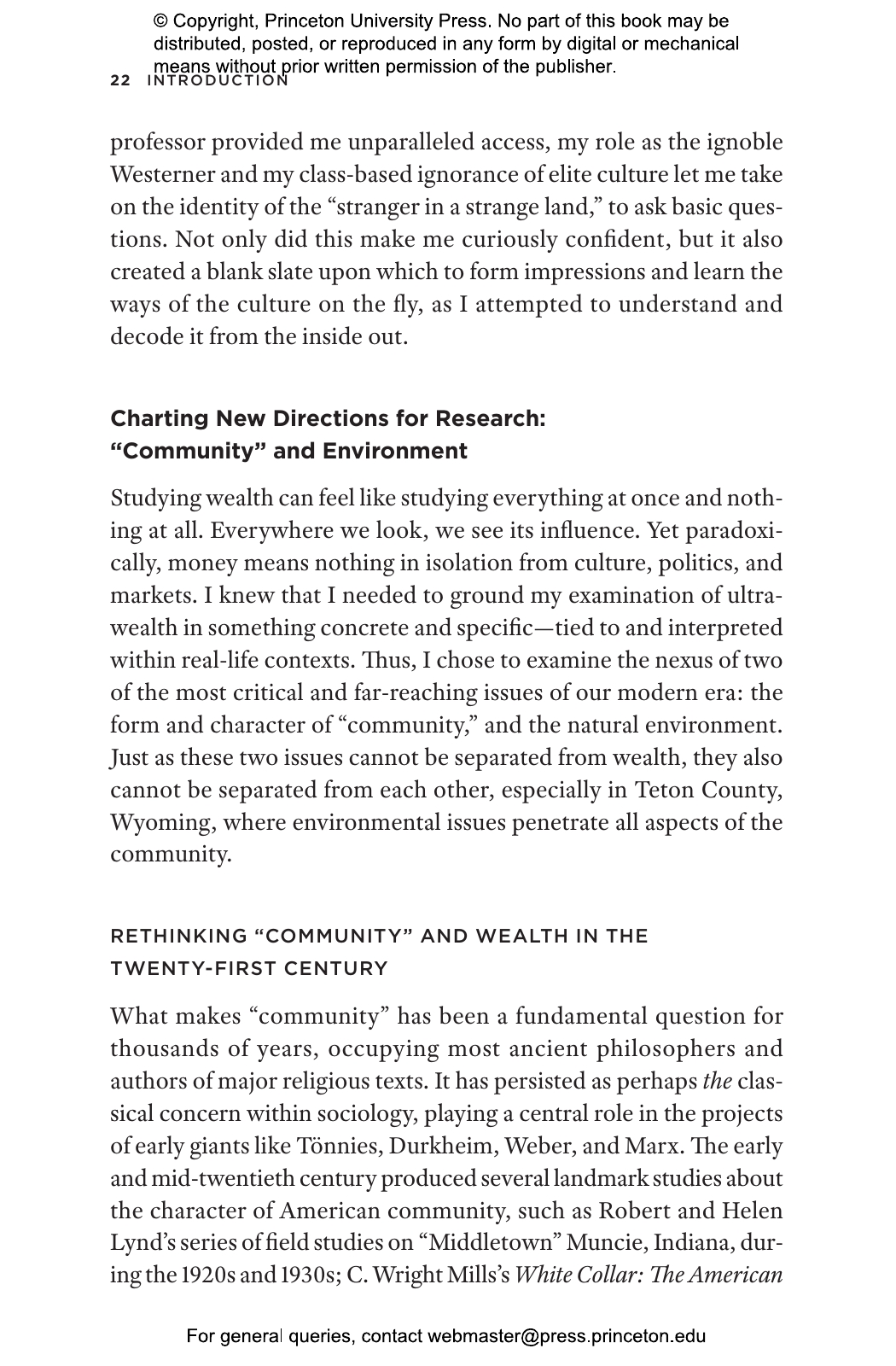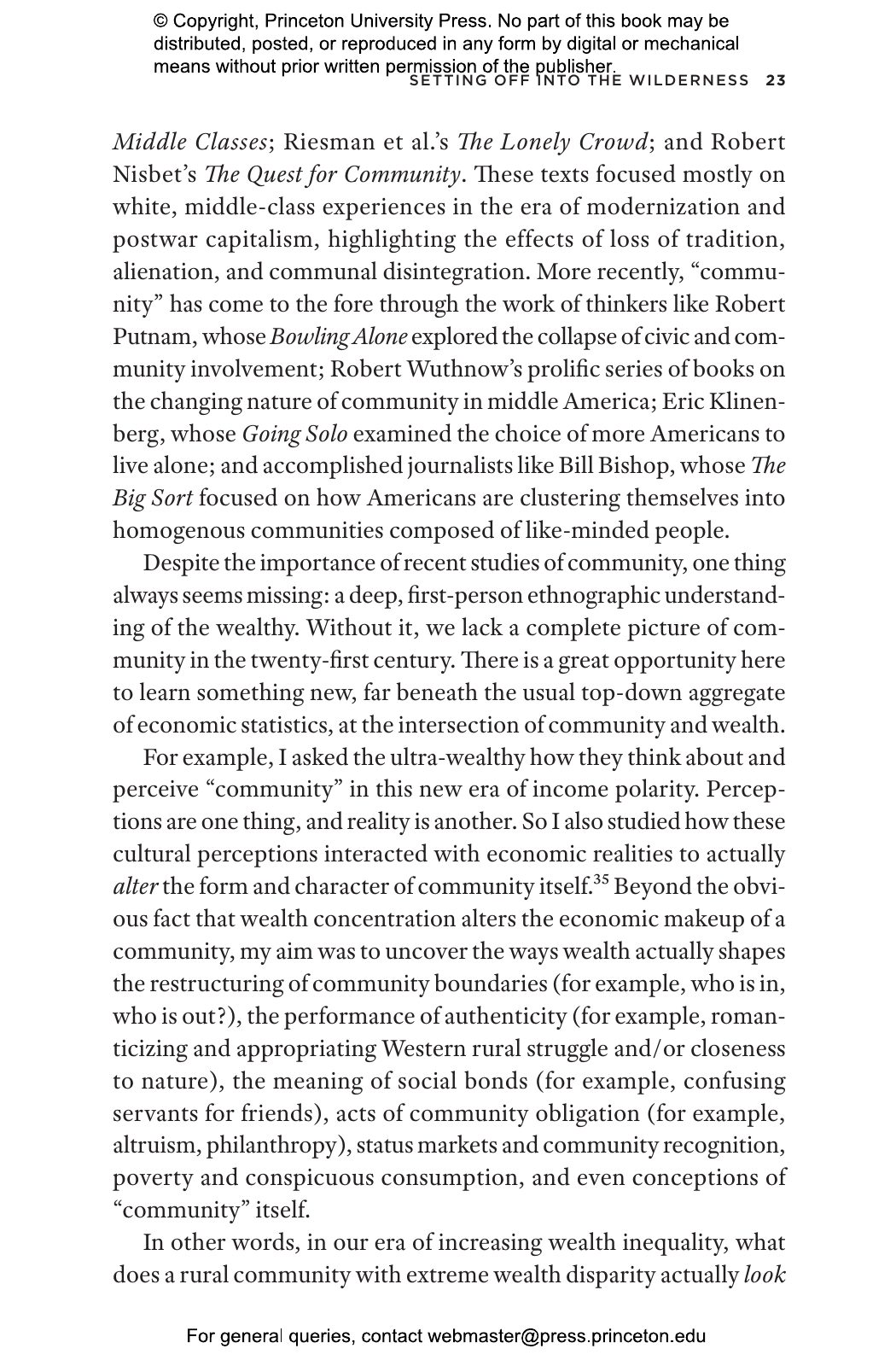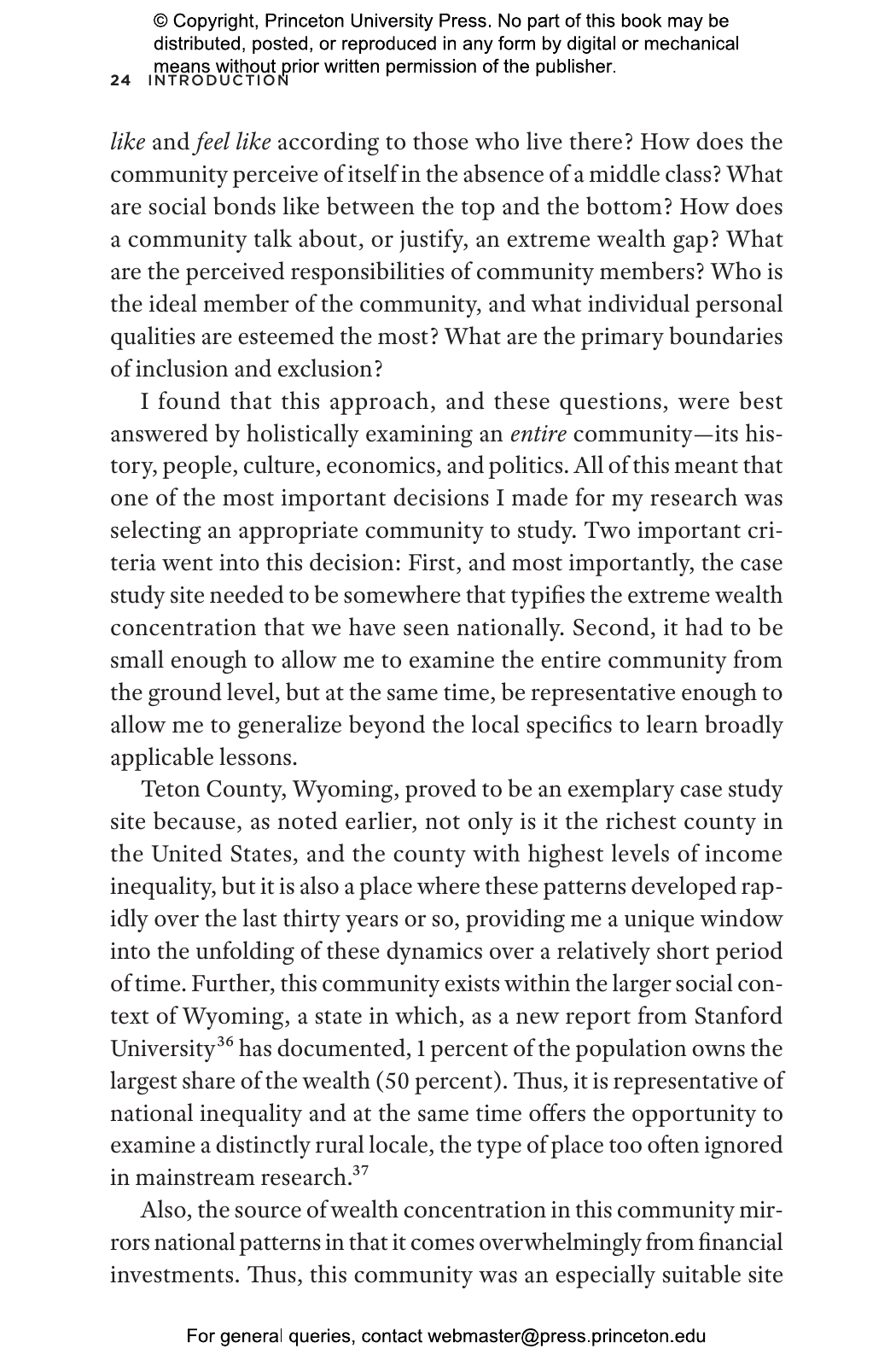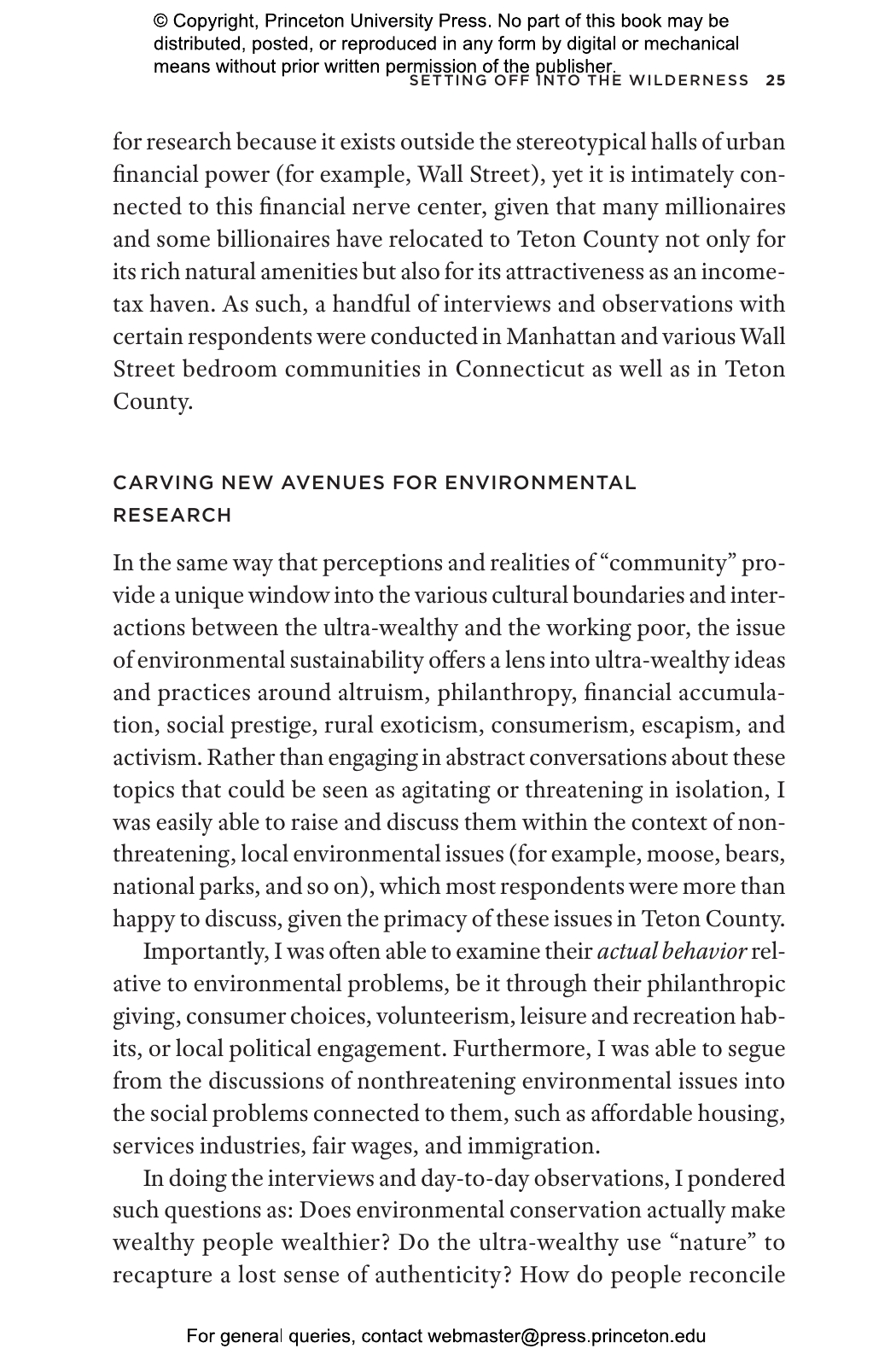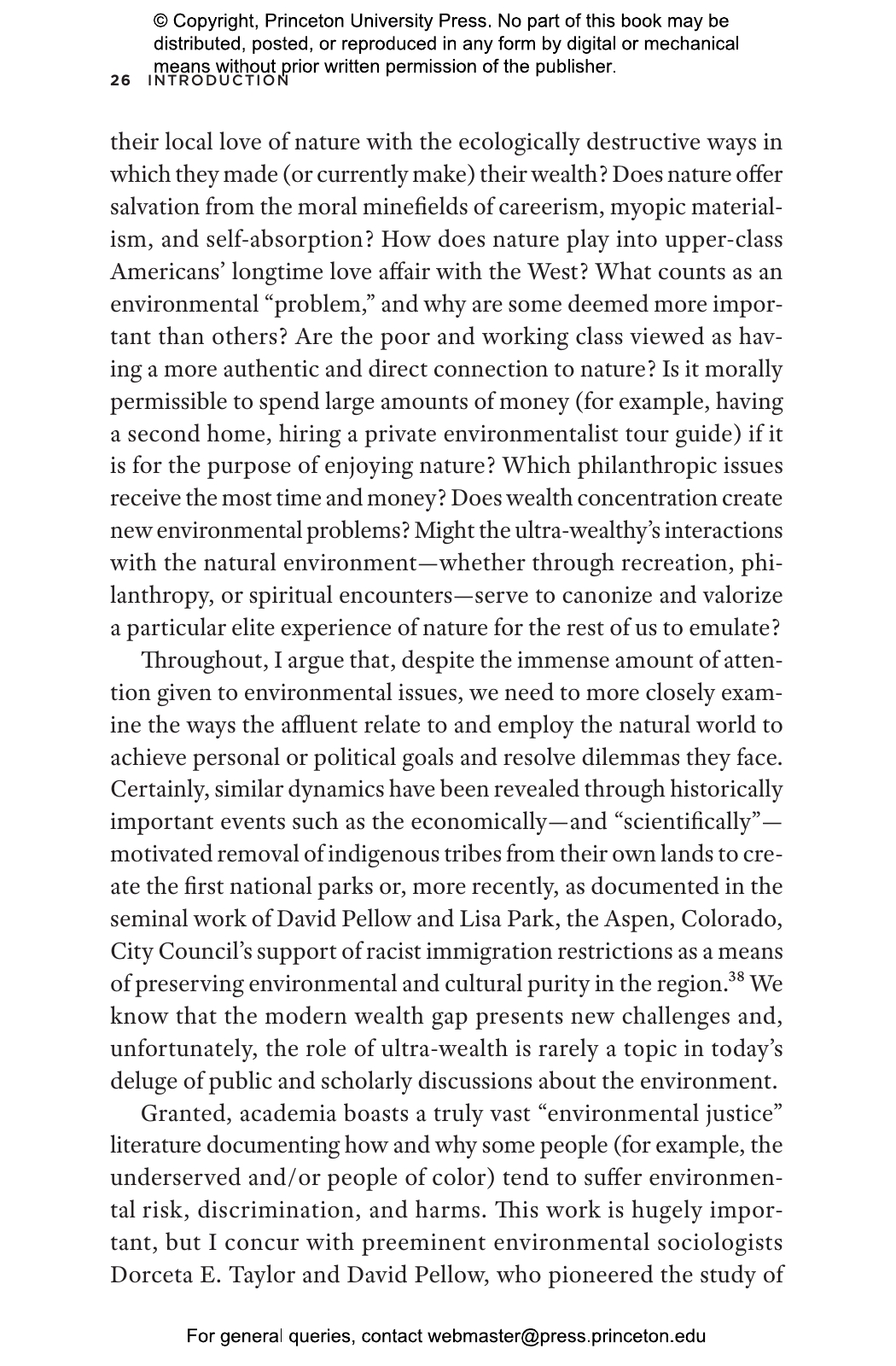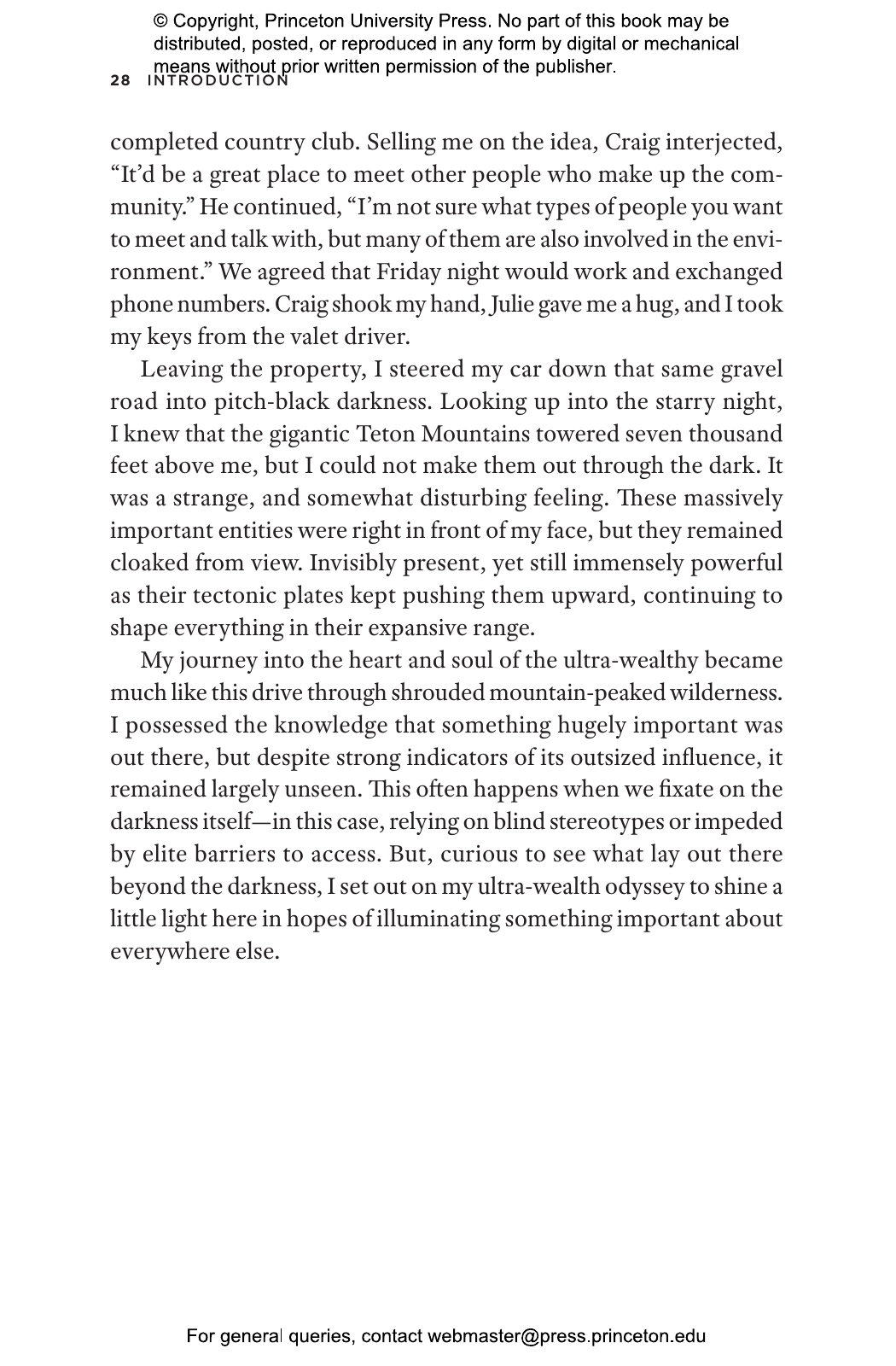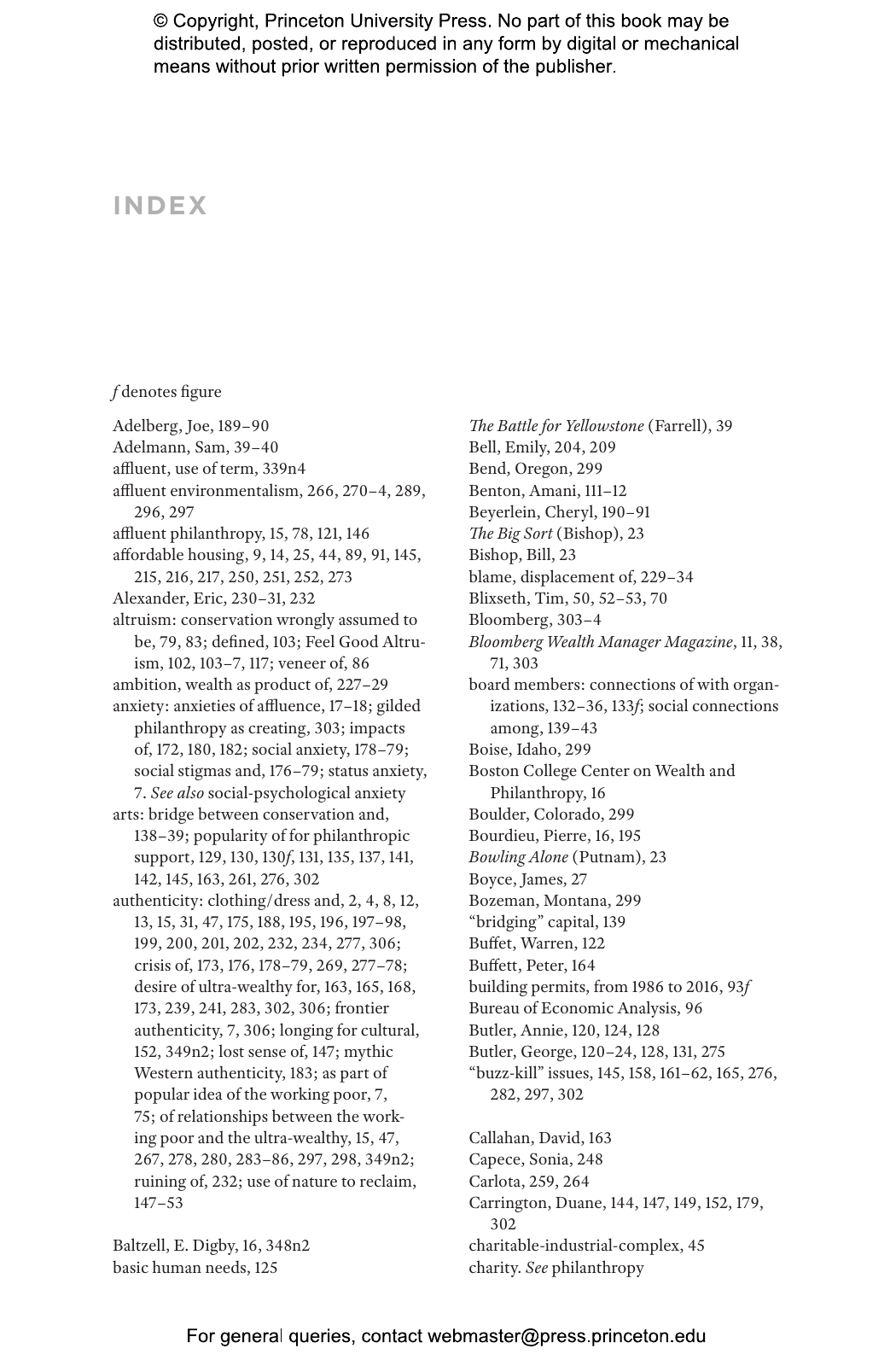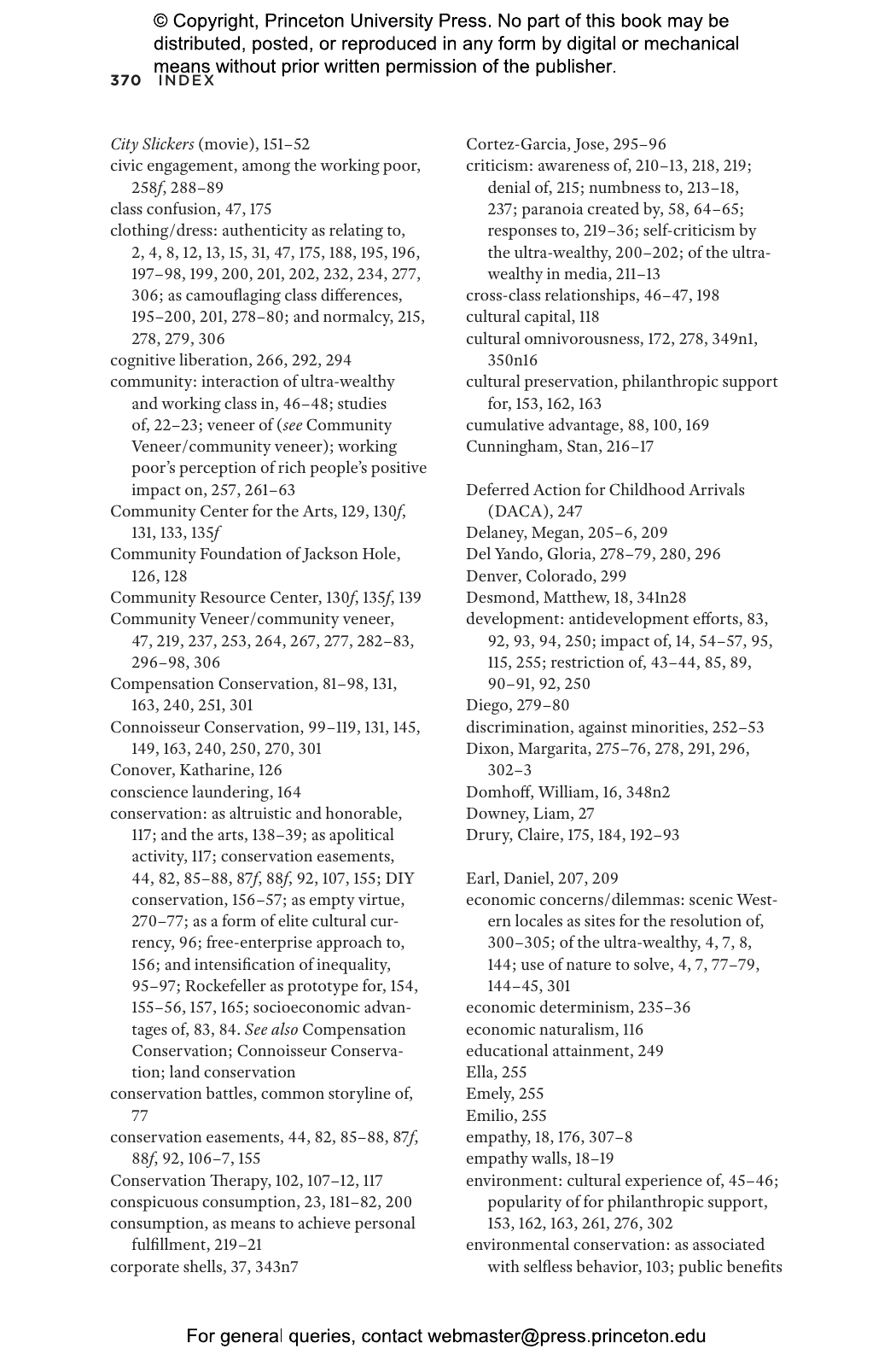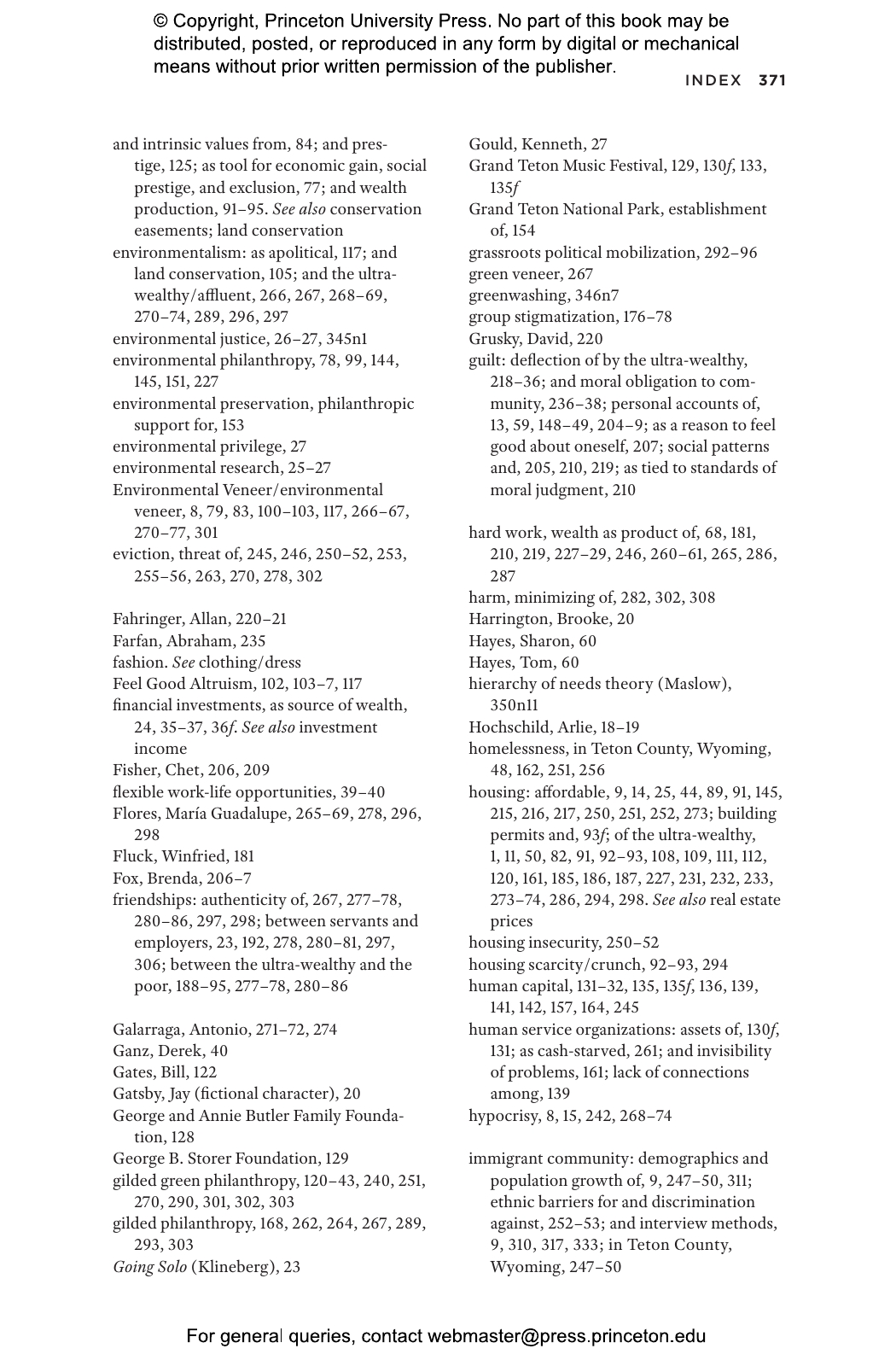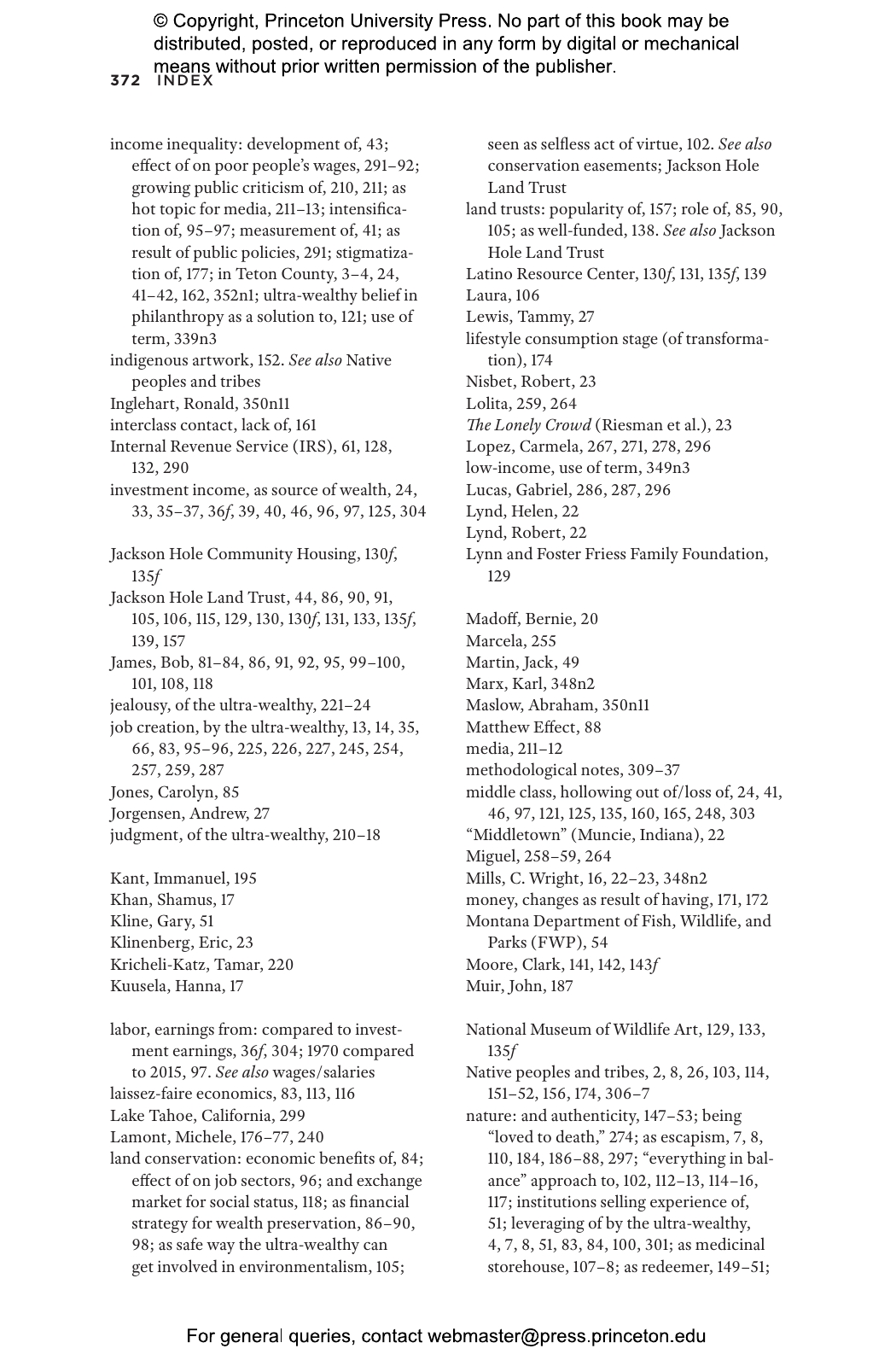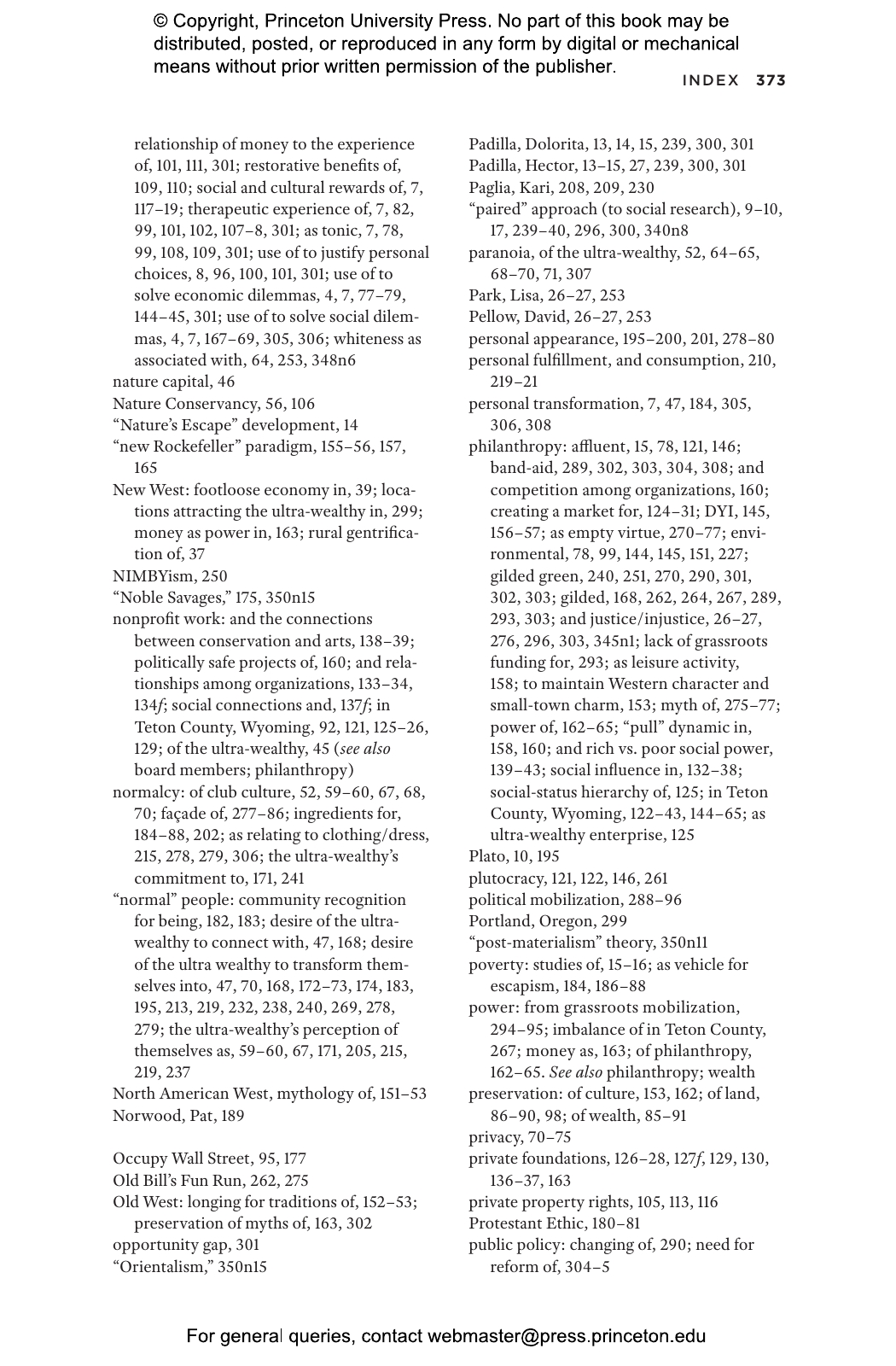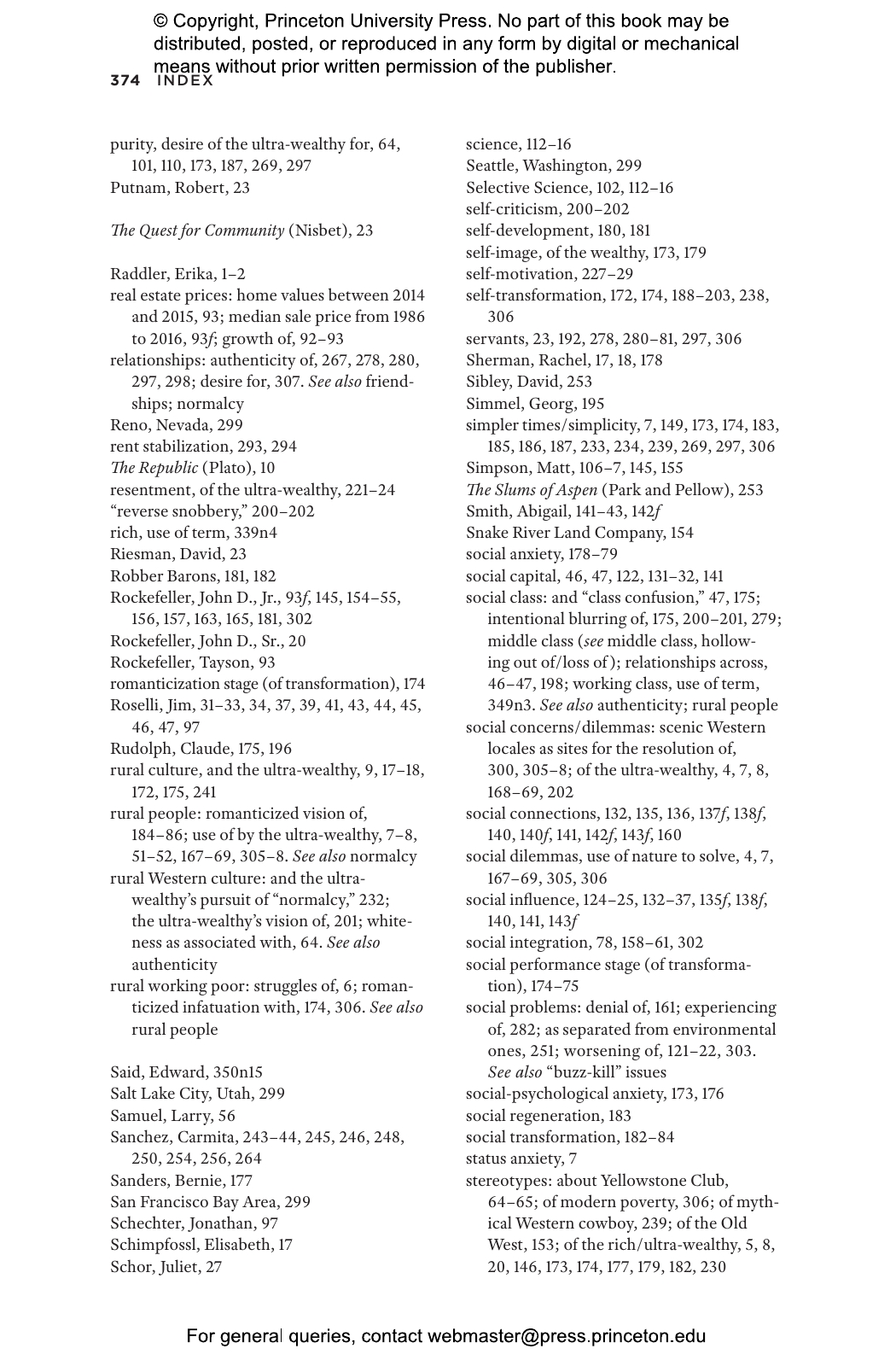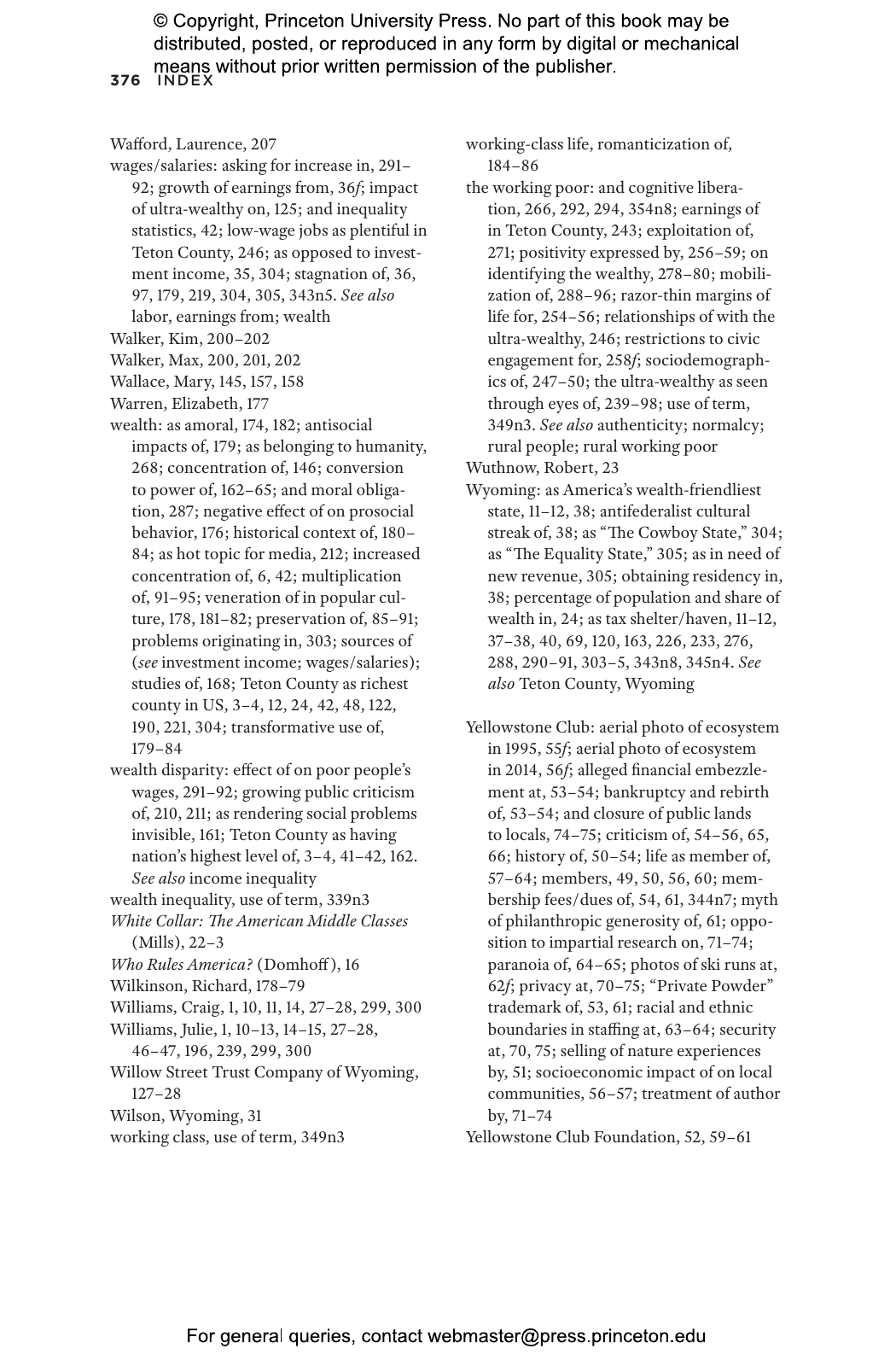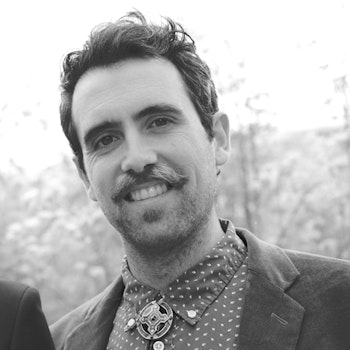Billionaire Wilderness takes you inside the exclusive world of the ultra-wealthy, showing how today’s richest people are using the natural environment to solve the existential dilemmas they face. Justin Farrell spent five years in Teton County, Wyoming, the richest county in the United States, and a community where income inequality is the worst in the nation. He conducted hundreds of in-depth interviews, gaining unprecedented access to tech CEOs, Wall Street financiers, oil magnates, and other prominent figures in business and politics. He also talked with the rural poor who live among the ultra-wealthy and often work for them. The result is a penetrating account of the far-reaching consequences of the massive accrual of wealth, and an eye-opening and sometimes troubling portrait of a changing American West where romanticizing rural poverty and conserving nature can be lucrative—socially as well as financially.
Weaving unforgettable storytelling with thought-provoking analysis, Billionaire Wilderness reveals how the ultra-wealthy are buying up the land and leveraging one of the most pristine ecosystems in the world to climb even higher on the socioeconomic ladder. The affluent of Teton County are people burdened by stigmas, guilt, and status anxiety—and they appropriate nature and rural people to create more virtuous and deserving versions of themselves. Incisive and compelling, Billionaire Wilderness reveals the hidden connections between wealth concentration and the environment, two of the most pressing and contentious issues of our time.
Awards and Recognition
- Winner of the Spur Award for Best Western Contemporary Nonfiction, Western Writers of America
- Finalist for the Reading the West Book Award in Adult Narrative Nonfiction
- One of Amazon's Best Books of 2020 in Business and Leadership
"Excellent and inspiring."—Nathan Deuel, Los Angeles Times
"One of the most fascinating and important portraits of modern American life."—Dylan Schleicher, Porchlight
"This is the sort of book you didn’t know you needed until after you pick it up."—Ryan Driskell Tate, Los Angeles Review of Books
"I just ordered the book Billionaire Wilderness: The Ultra-Wealthy and the Remaking of the American West, on the strength of a recommendation by an architect friend who builds homes for the elite in Jackson Hole, Wyoming. I’m only a chapter in, but I’m already fascinated by how conservation can become a way to salve guilt."—Rana Foroohar, Financial Times
"Clearly outlines the roots of the problems: policy, western mythologies, tax breaks, and selfishness."—Heather Hansman, Outside Magazine
"Farrell has done a massive amount of research in this absorbing study of the ultra-rich and their effect on the community."—Sandra Dallas, Denver Post
"Illuminating and provocative."—Nick Romeo, Daily Beast
"The real stories billionaires tell themselves to justify their wealth."—Medium
"[Justin] Farrell (Yale Univ.) renders a picture of how the ultra wealthy live, protect their wealth, and handle the stigma associated with being unbelievably rich. . . . Highly recommended."—Choice
"Eye-opening . . . a great read for anyone interested in the intersection of conservation and inequality in the West."—Jennifer Weeks, Society of Environmental Journalists
"A Yale sociology professor documents the class divide in Teton County, Wyo., where ultra-wealthy tech CEOs, financiers, and political figures are buying up land and romanticizing rural poverty in order to improve their own socioeconomic status."—Publishers Weekly
"An eye-opening look at a specific element of economic and social inequality."—Kirkus Reviews
"Fascinating."—Chris Schleup, Amazon Book Review Omnivoracious
"Enlightening. . . . Peels away a lot of pretty scenery to reveal things underneath a lot less pleasing to look at."—Mark Huffman, Jackson Hole News & Guide
"Incisive and thorough."—Jake Bullinger, The Bitterroot Newsletter
"The result of hundreds of interviews with both the area’s haves and its have-nots — [Billionaire Wilderness] reads like a blend between an extended case study and investigative journalism."—Carl Segerstrom, High Country News
"An immersive and absorbing account of what love for the land entails, and the complex motivations and ambivalent outcomes that attend feeling entitled or obligated to use and protect it. . . . [Billionaire Wilderness] diagnose[s] the pathologies of tying environmental stewardship so intimately to the perquisites of private property."—Rebecca Elliott, Public Books
"Billionaire Wilderness can be taken as a challenge to the ultra-wealthy — to check their impact on nature, people, and place — and a challenge to the policies that enable the rich to get richer while the poor suffer. But Farrell’s research also offers a challenge to the legacy of conservation itself, particularly as environmentalists work to reconcile ongoing errors of racism and exclusion while still protecting landscapes and wildlife that need protection. There are no easy answers in Billionaire Wilderness, but the book raises the question: When we protect the environment, whom are we protecting it for."—Austin Price, Earth Island Journal
"A unique study of the lives of the ultra-wealthy who make Teton County, Wyoming."—Evan Bonney, LSE Review of Books
"Such painstaking and commendable thoroughness . . . carefully researched."—Ian Frazier, New York Review of Books
"Billionaire Wilderness is a thoroughly reported, measured account of what it's like to live in Wyoming's new Gilded Age, and a welcome addition to the national debate on the American West—what it's for, who it belongs to, and who gets to decide its future."—Nate Blakeslee, New York Times bestselling author of American Wolf
"This important and innovative book offers a rarely seen glimpse into the lives of the ultra-wealthy, exploring the ways in which they think about status, social inequality, privilege, and the environment in a context where all of these factors collide on a regular basis."—David Naguib Pellow, author of Total Liberation: The Power and Promise of Animal Rights and the Radical Earth Movement
"Justin Farrell explores a bold new understanding of nature and people in America's wealthiest county. This startling, provocative, and respectful analysis of conservation and the Teton community will ignite important future scholarship. A must-read."—Thomas E. Lovejoy, George Mason University
